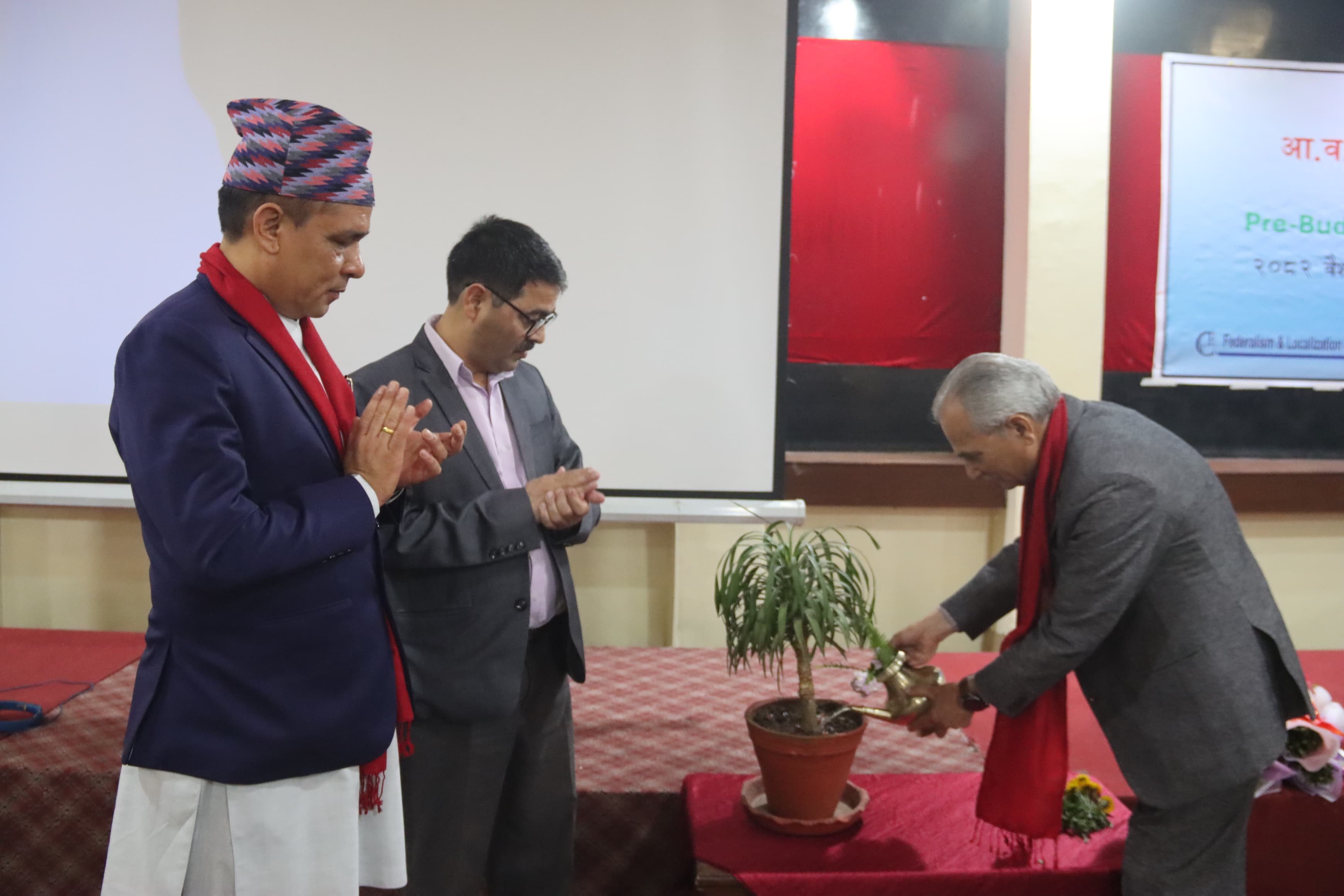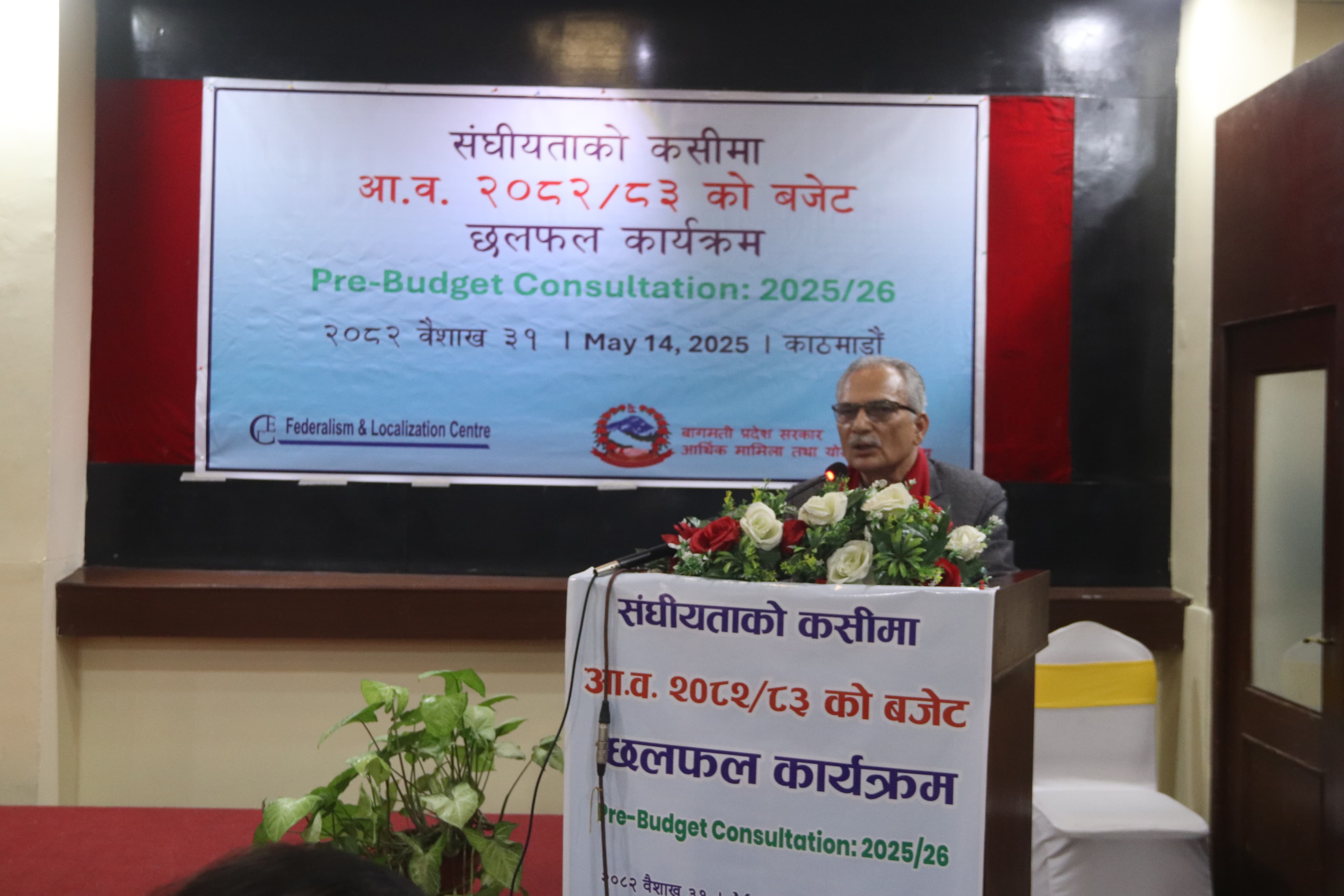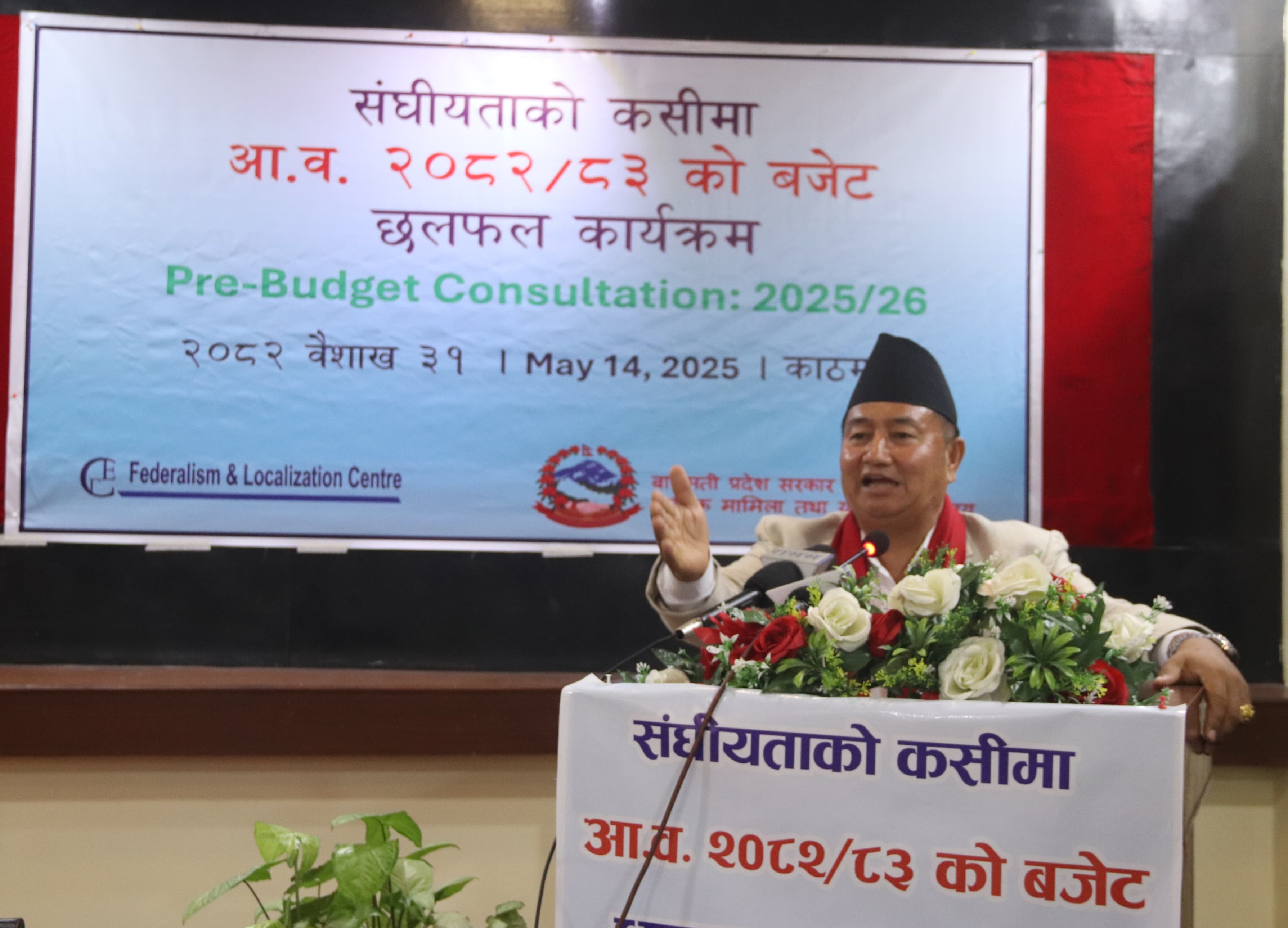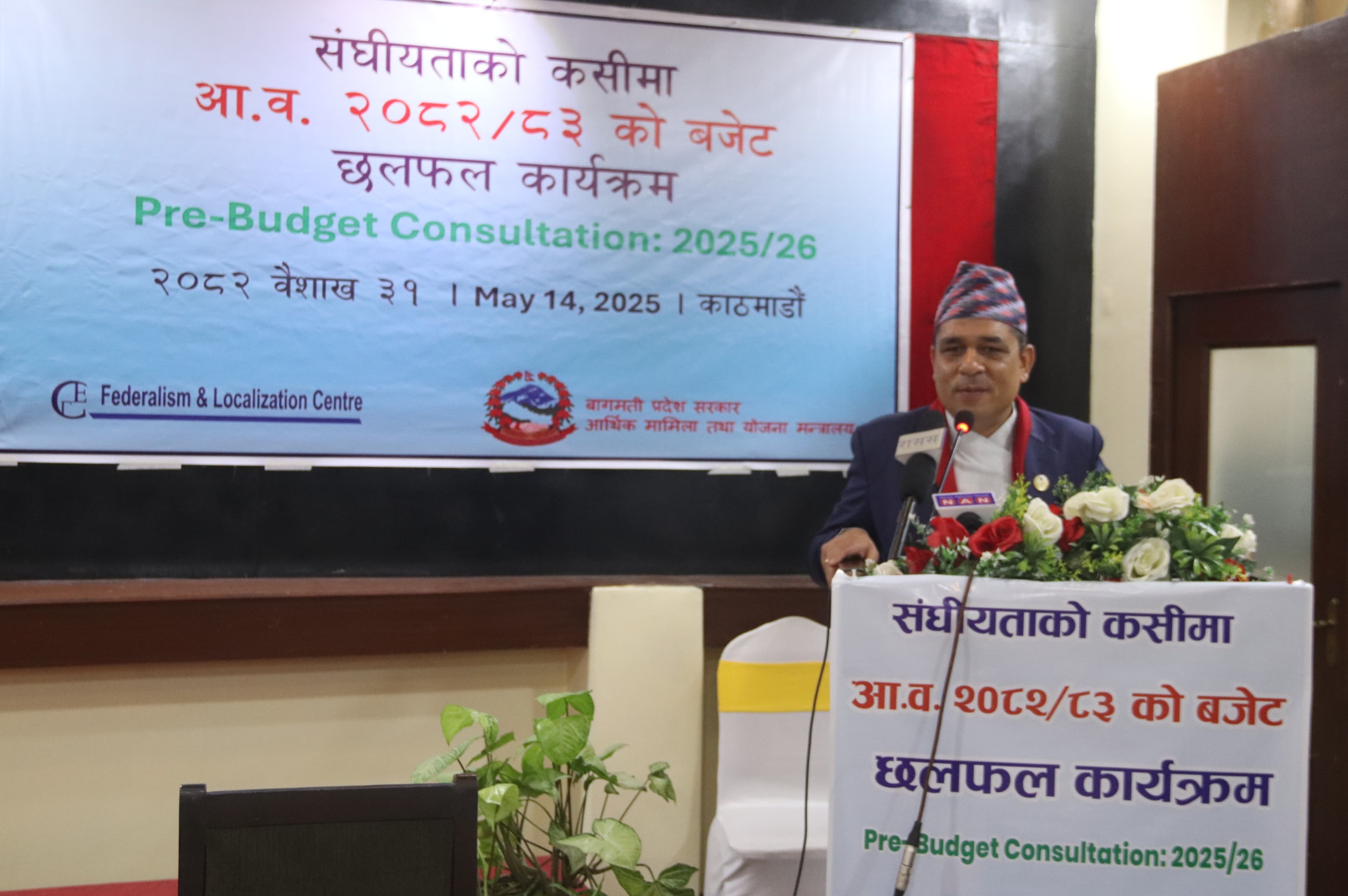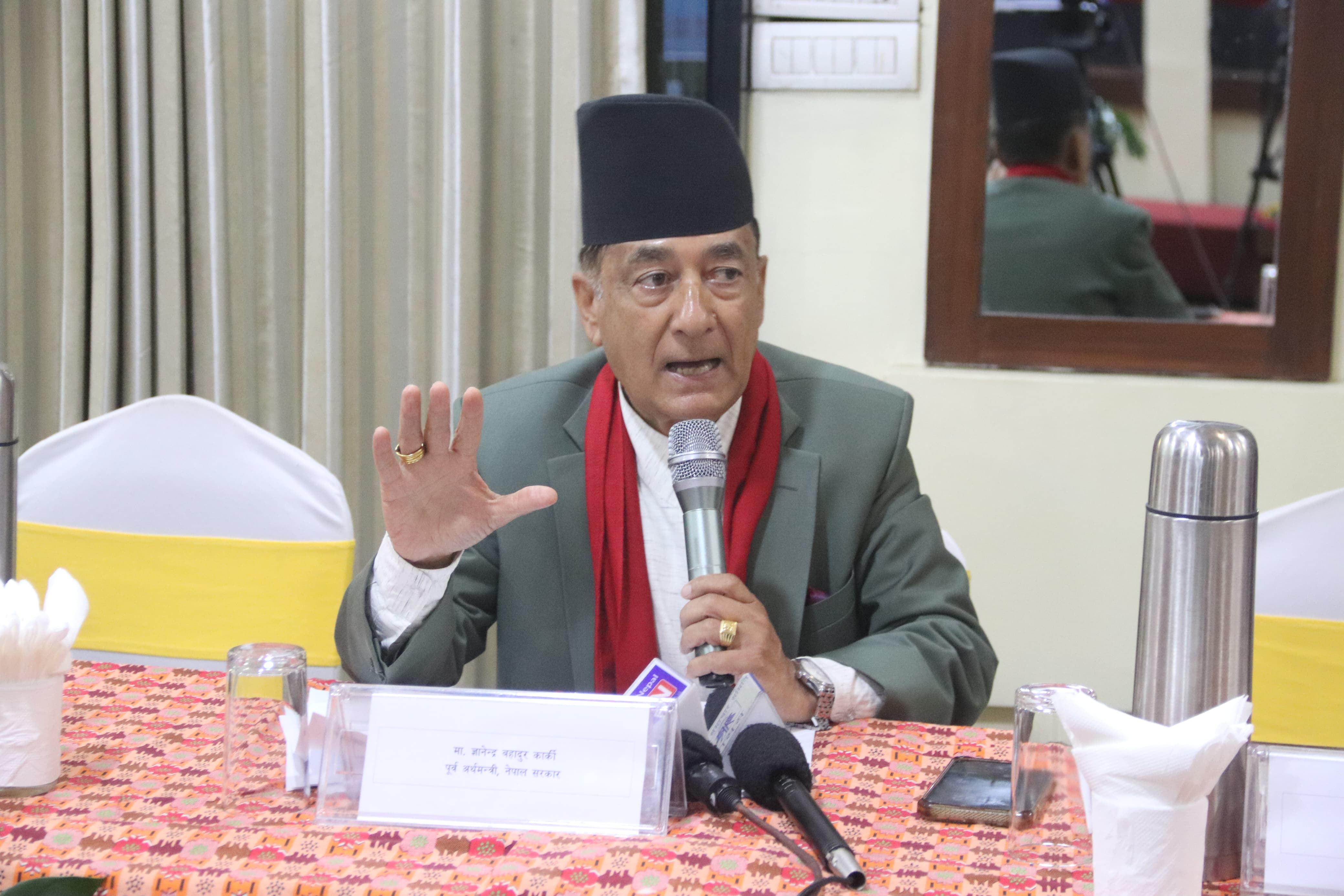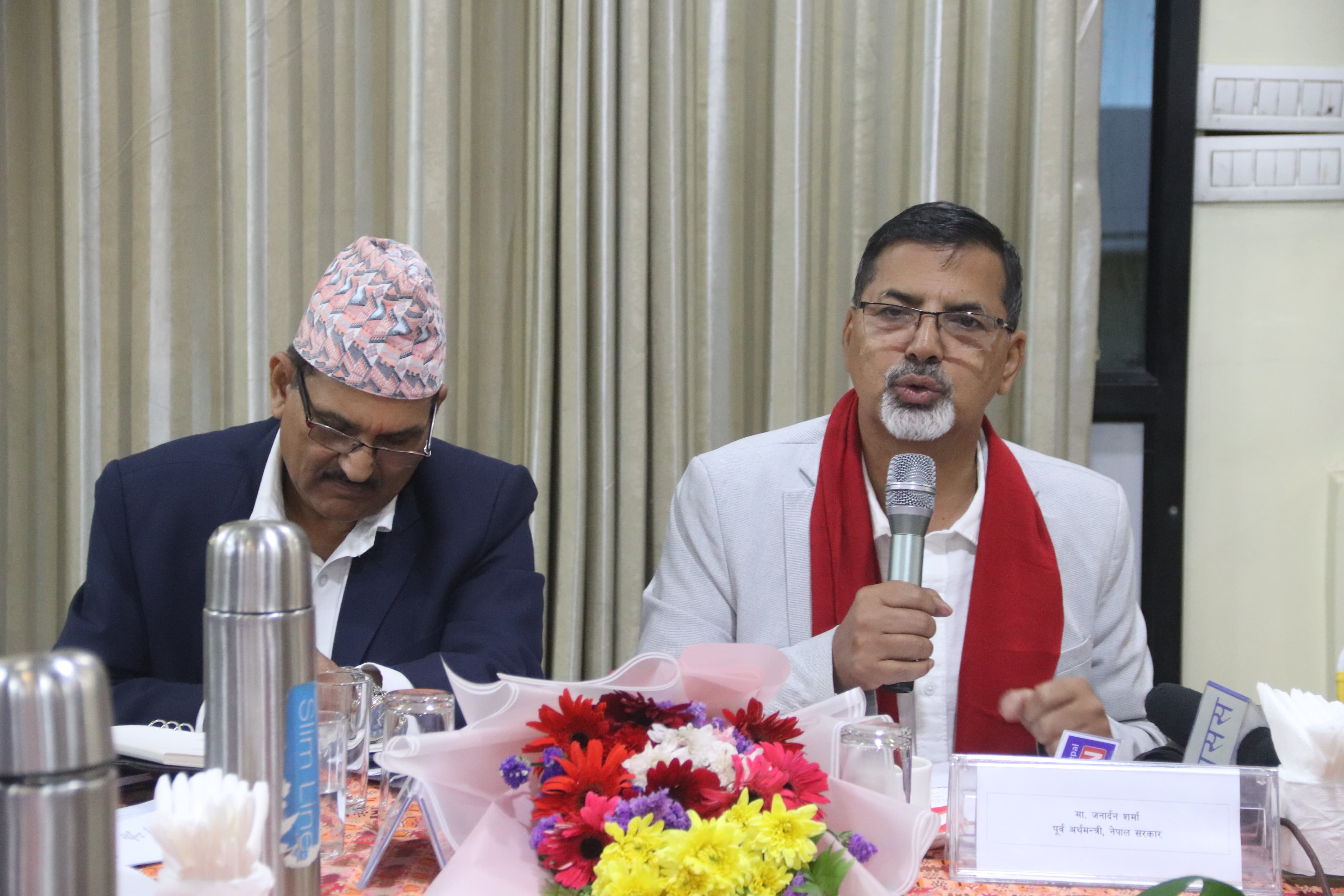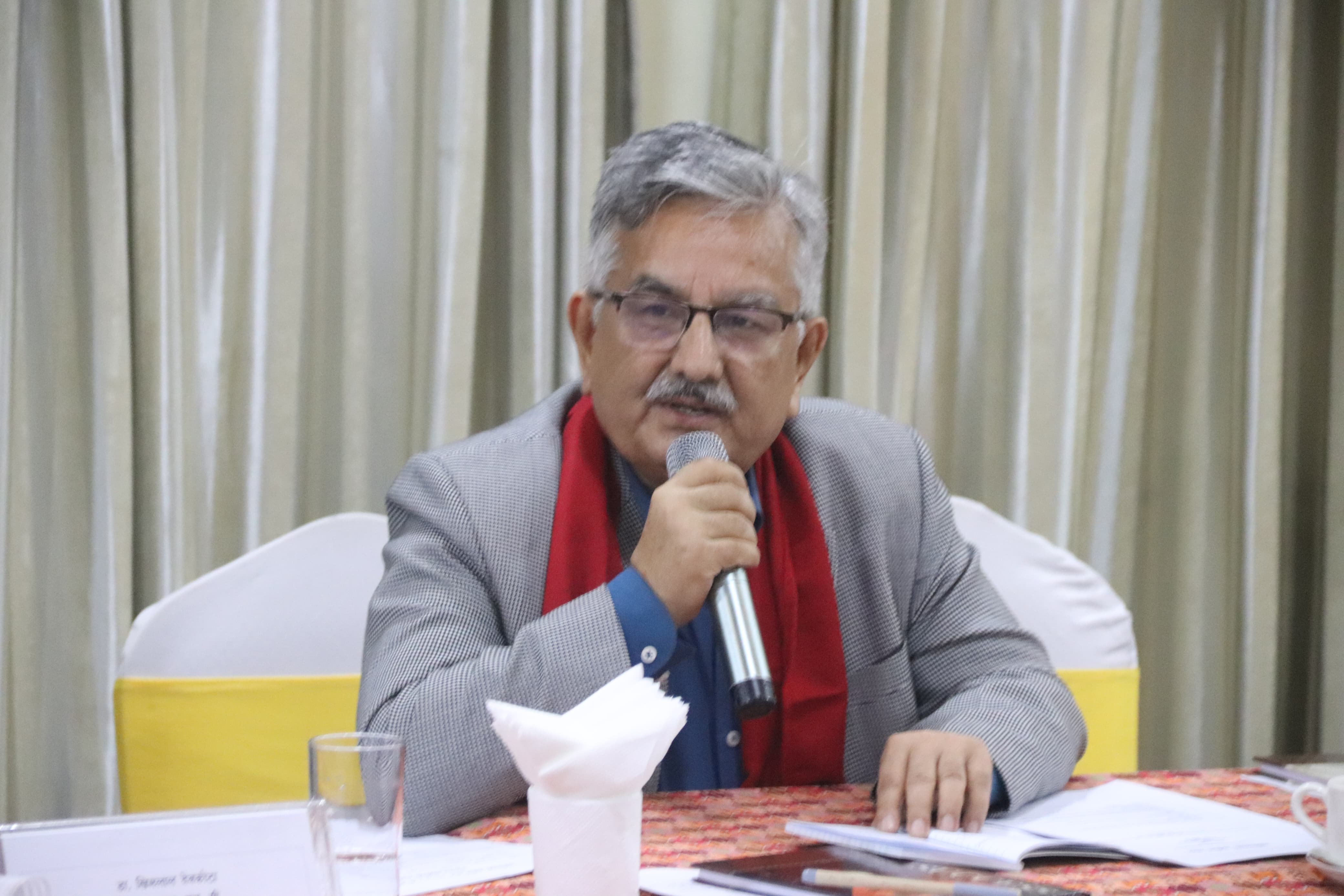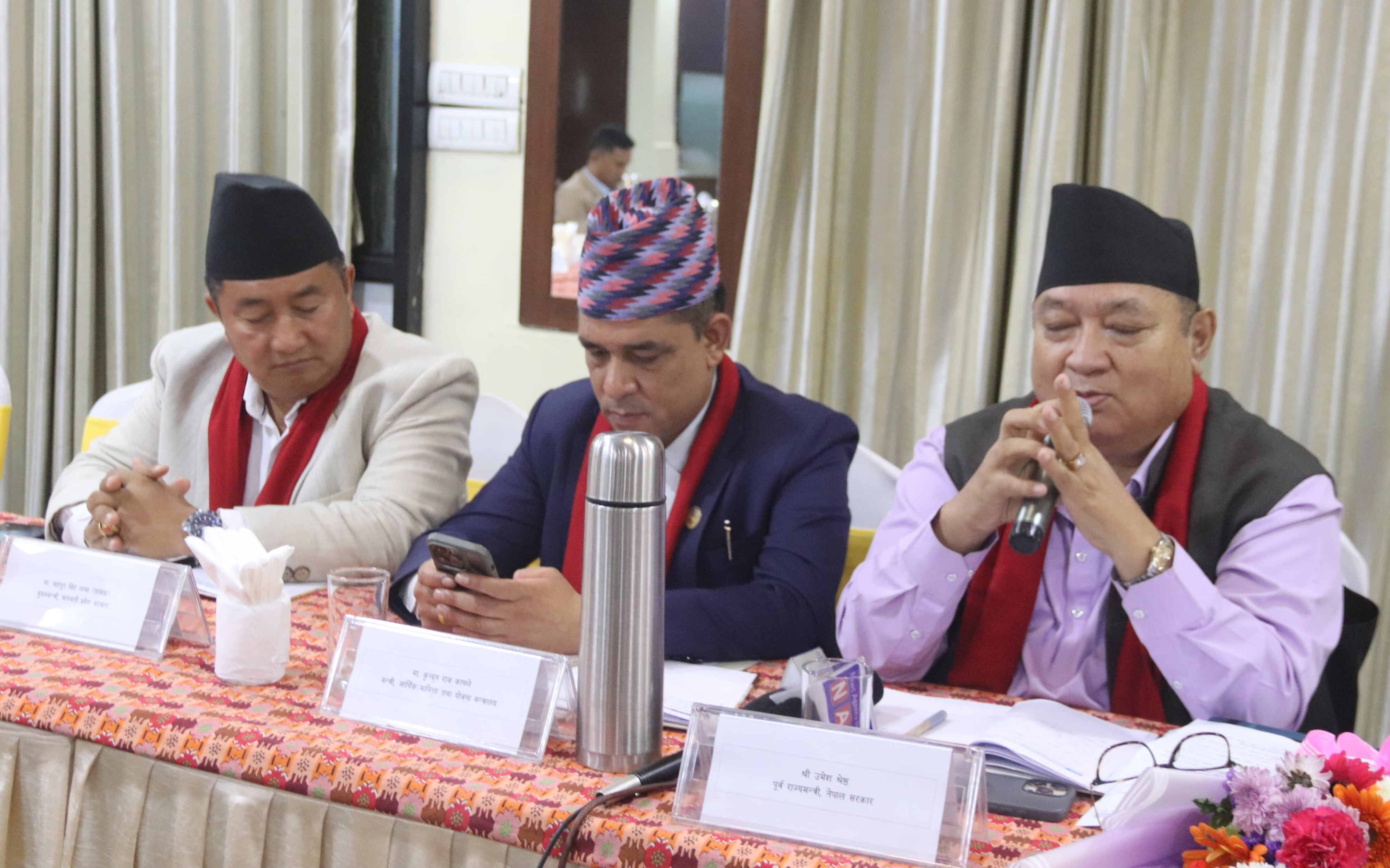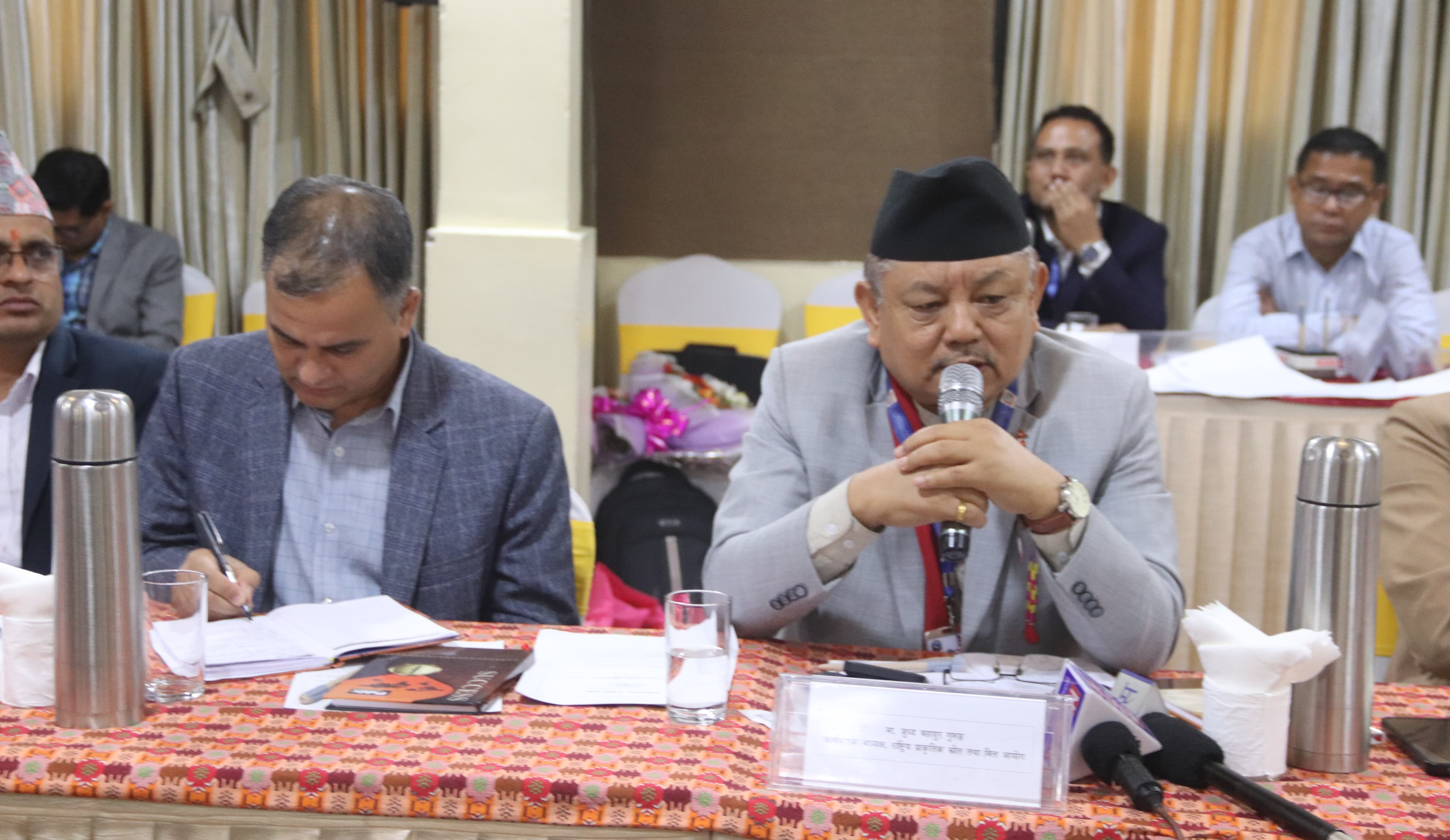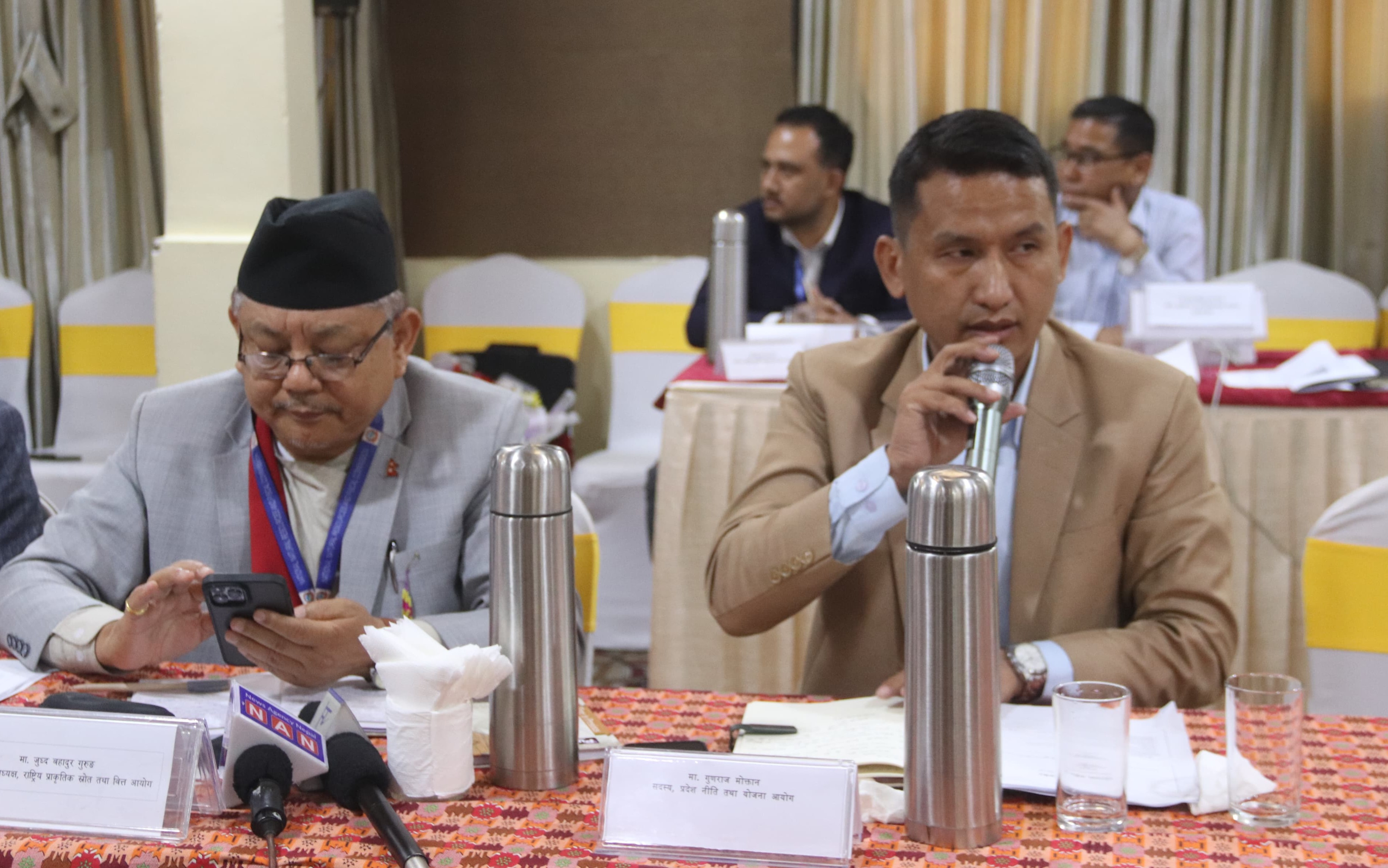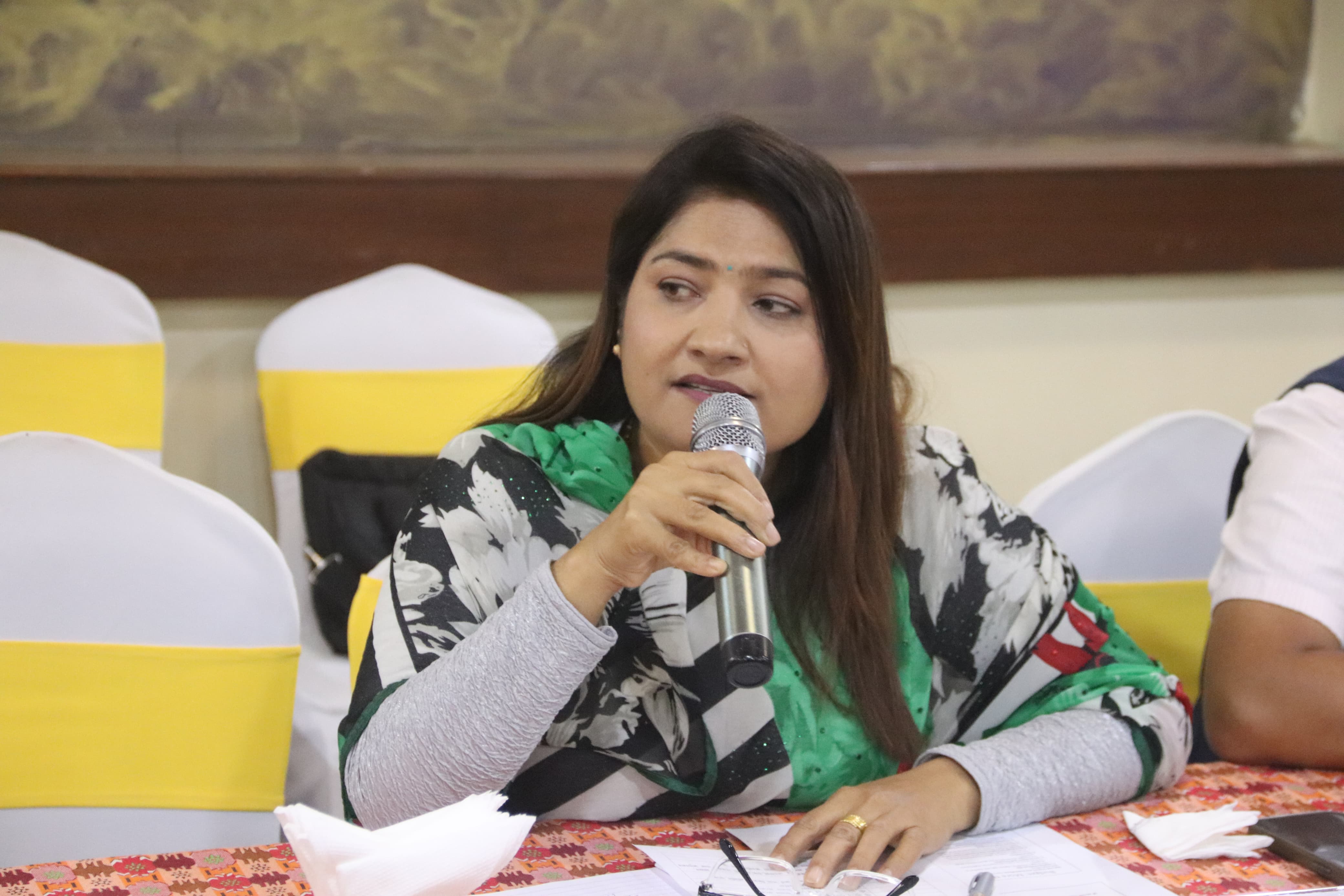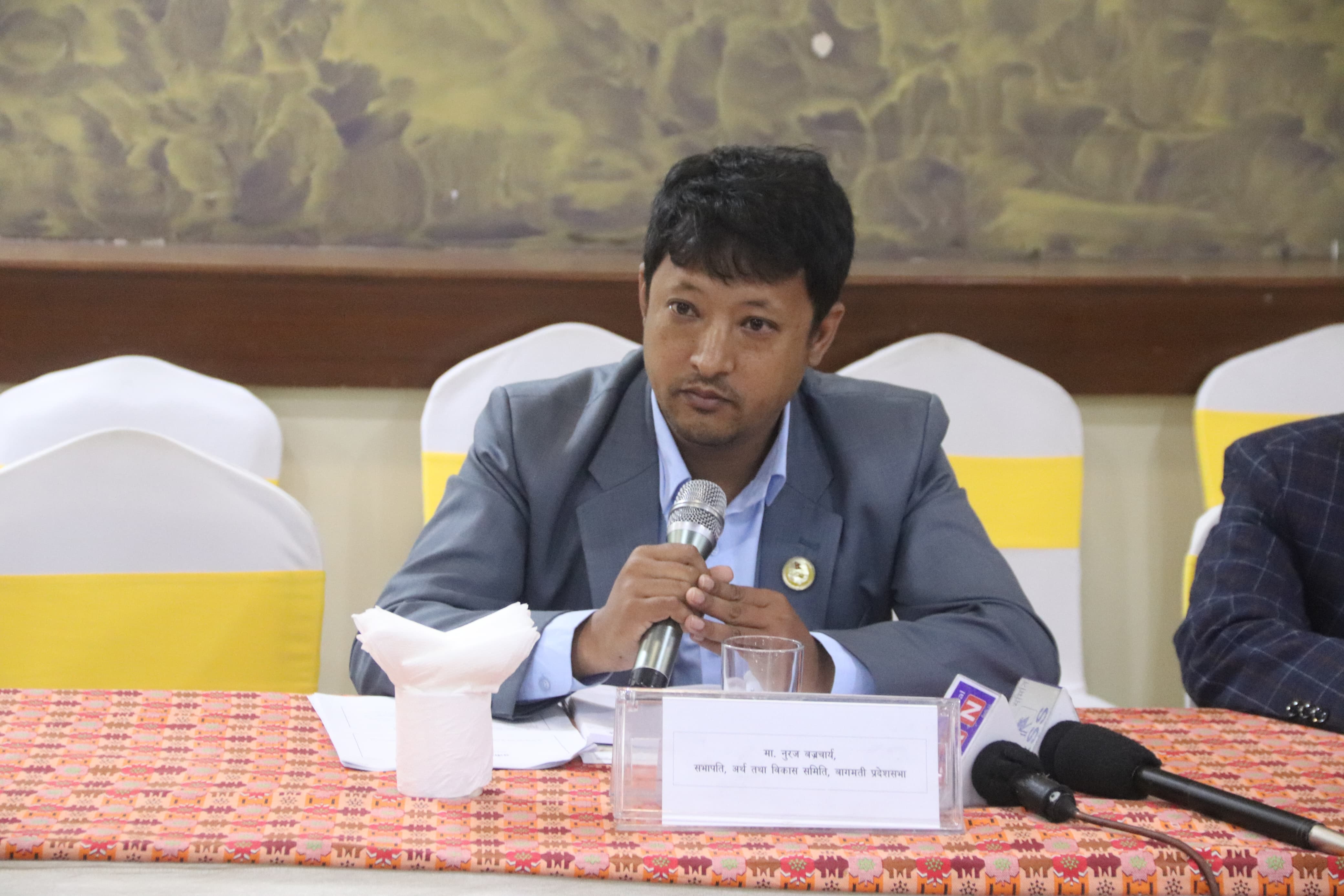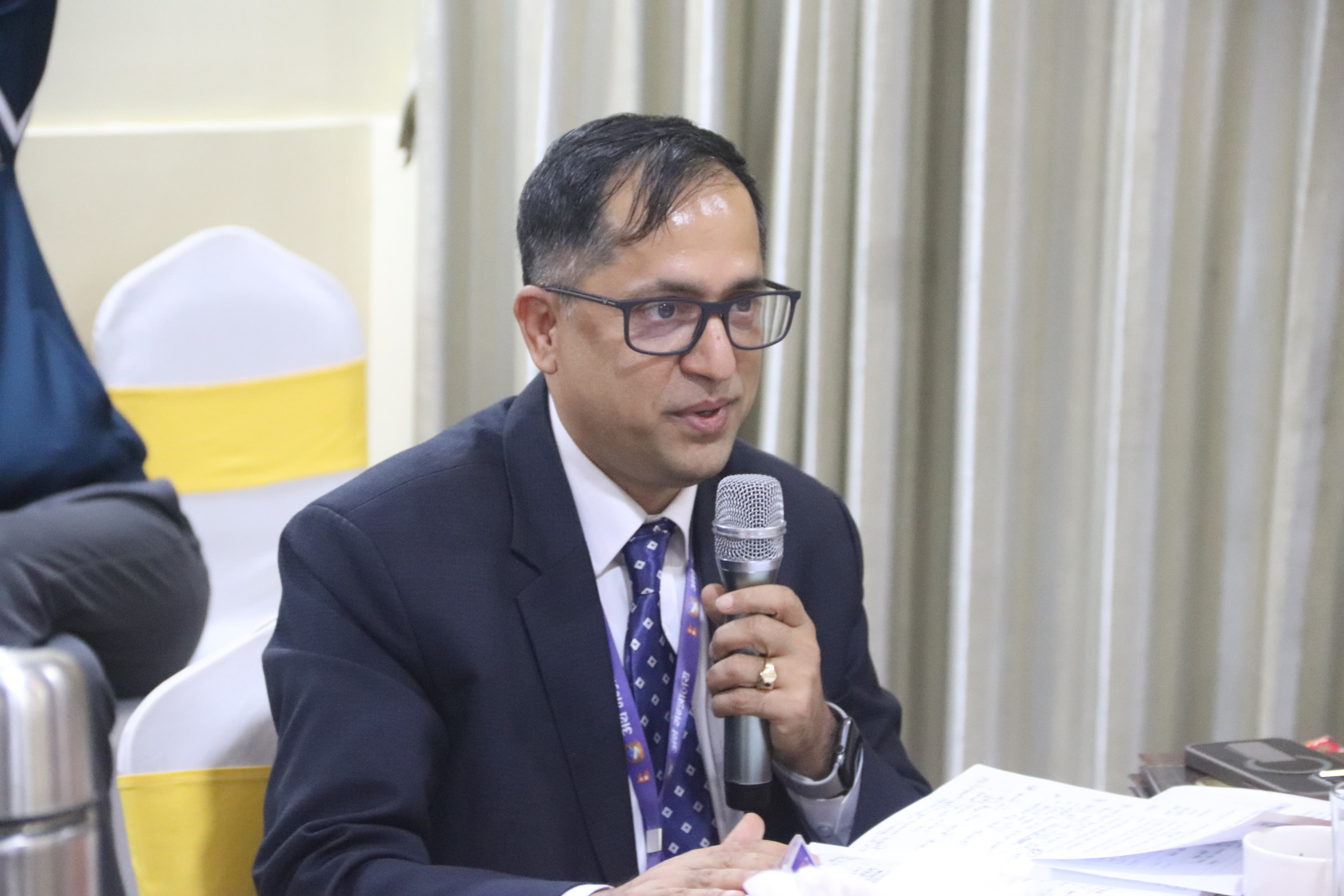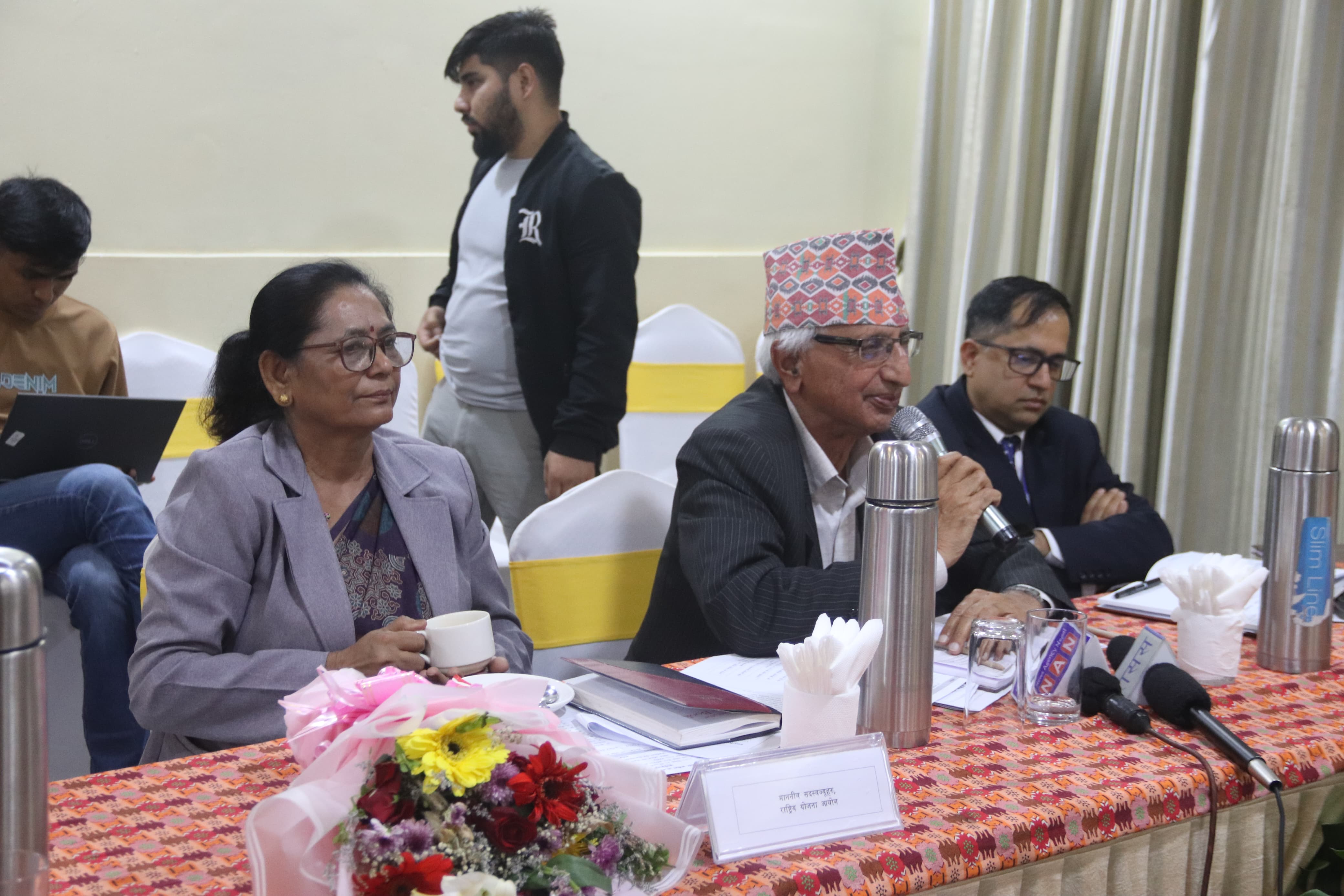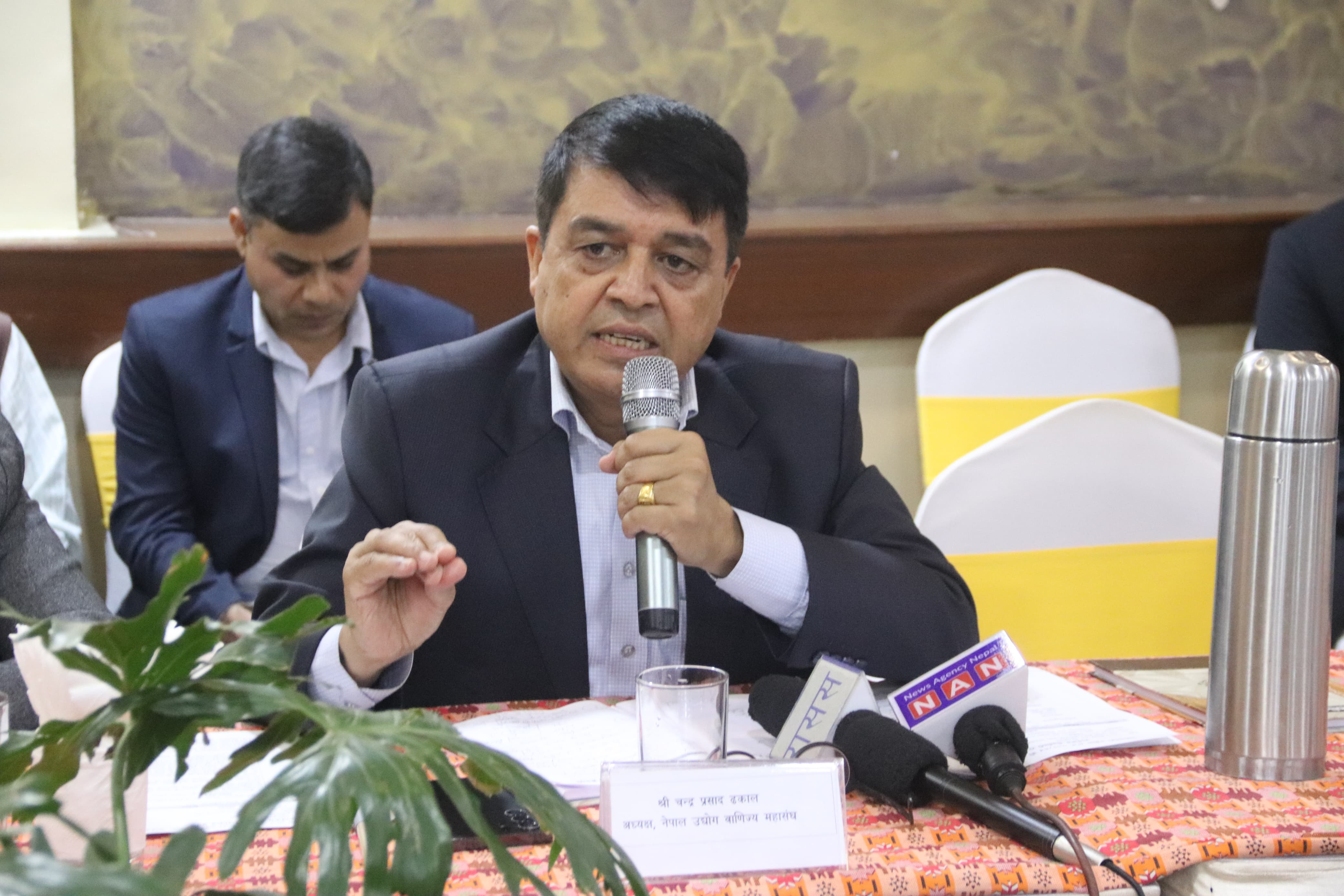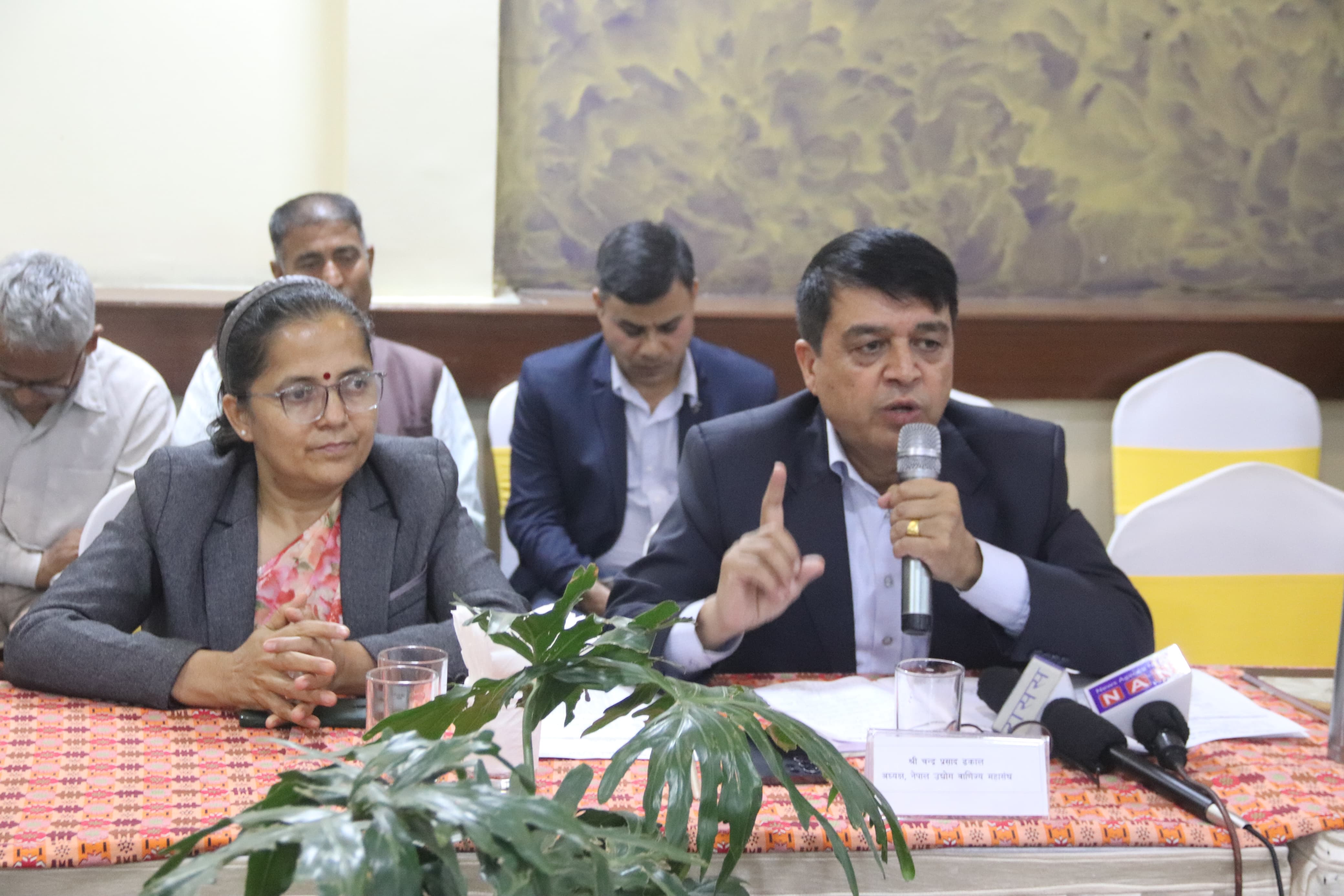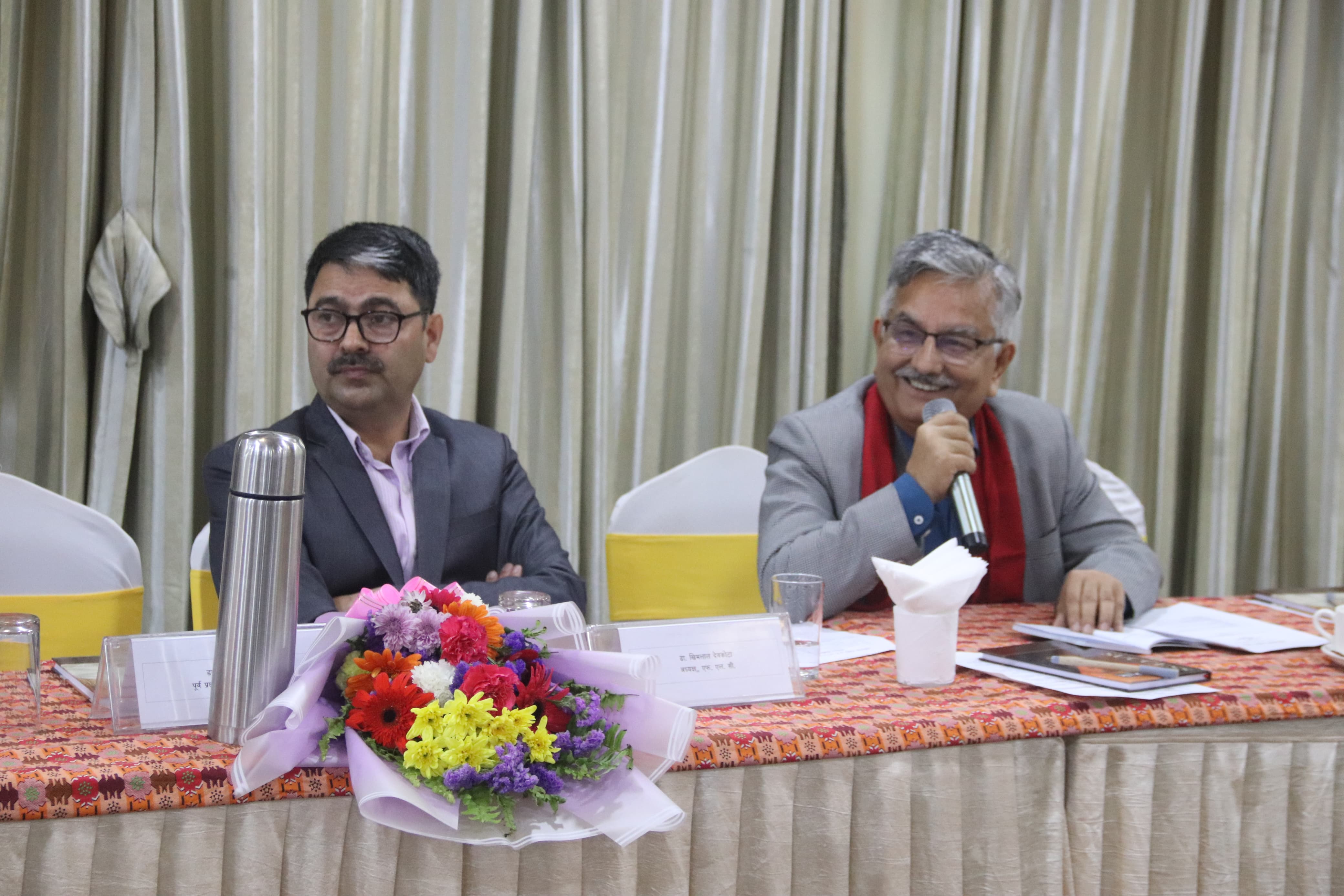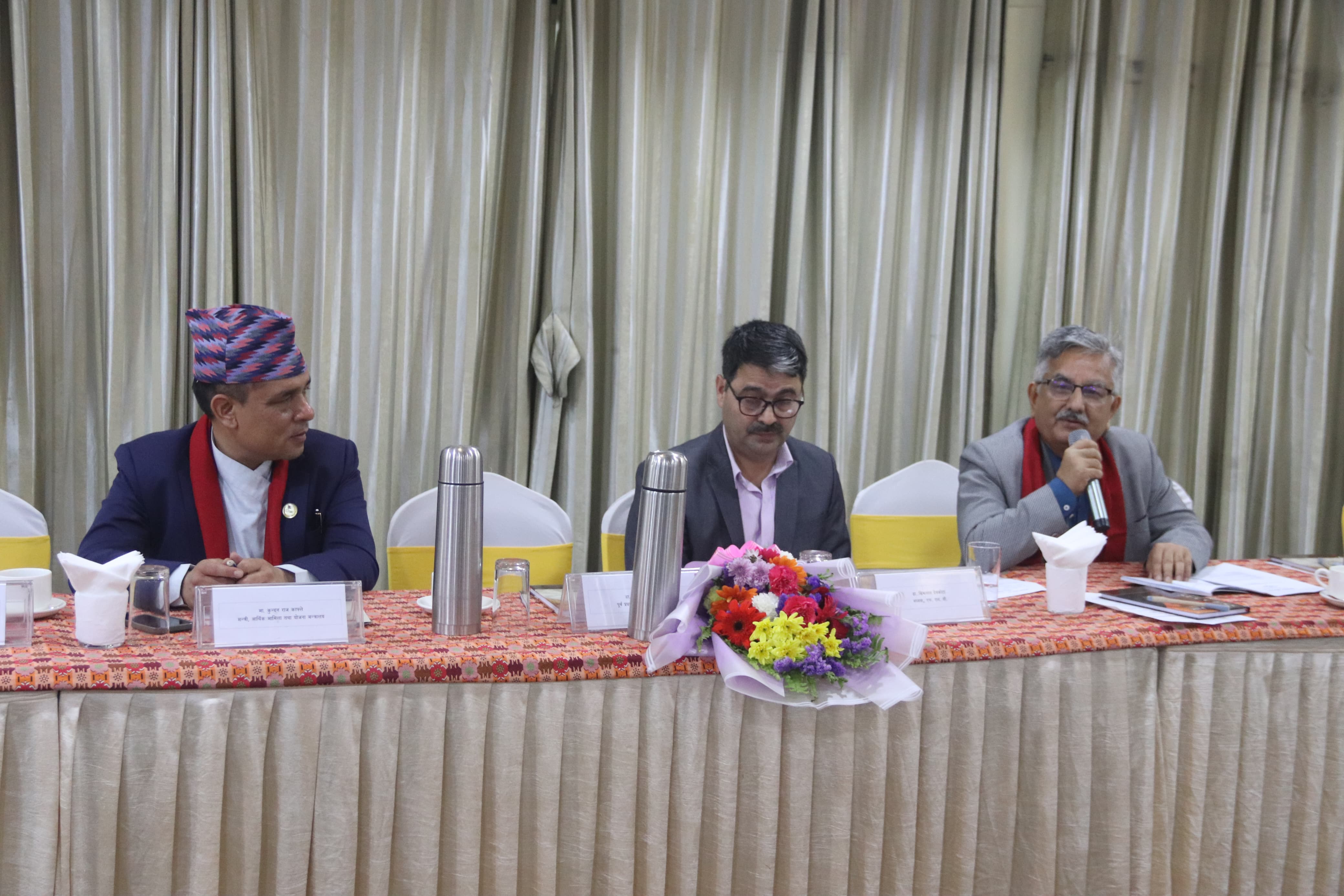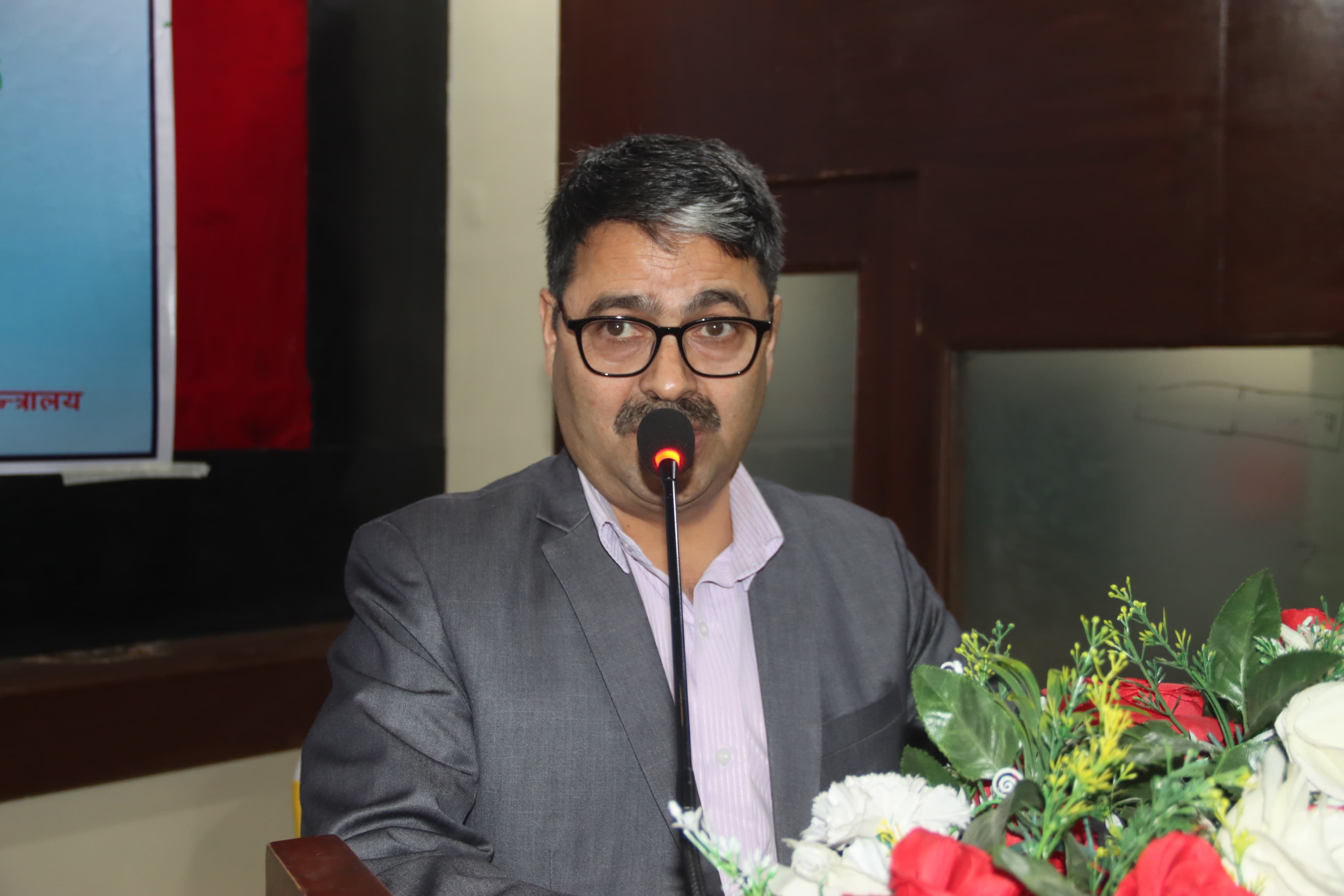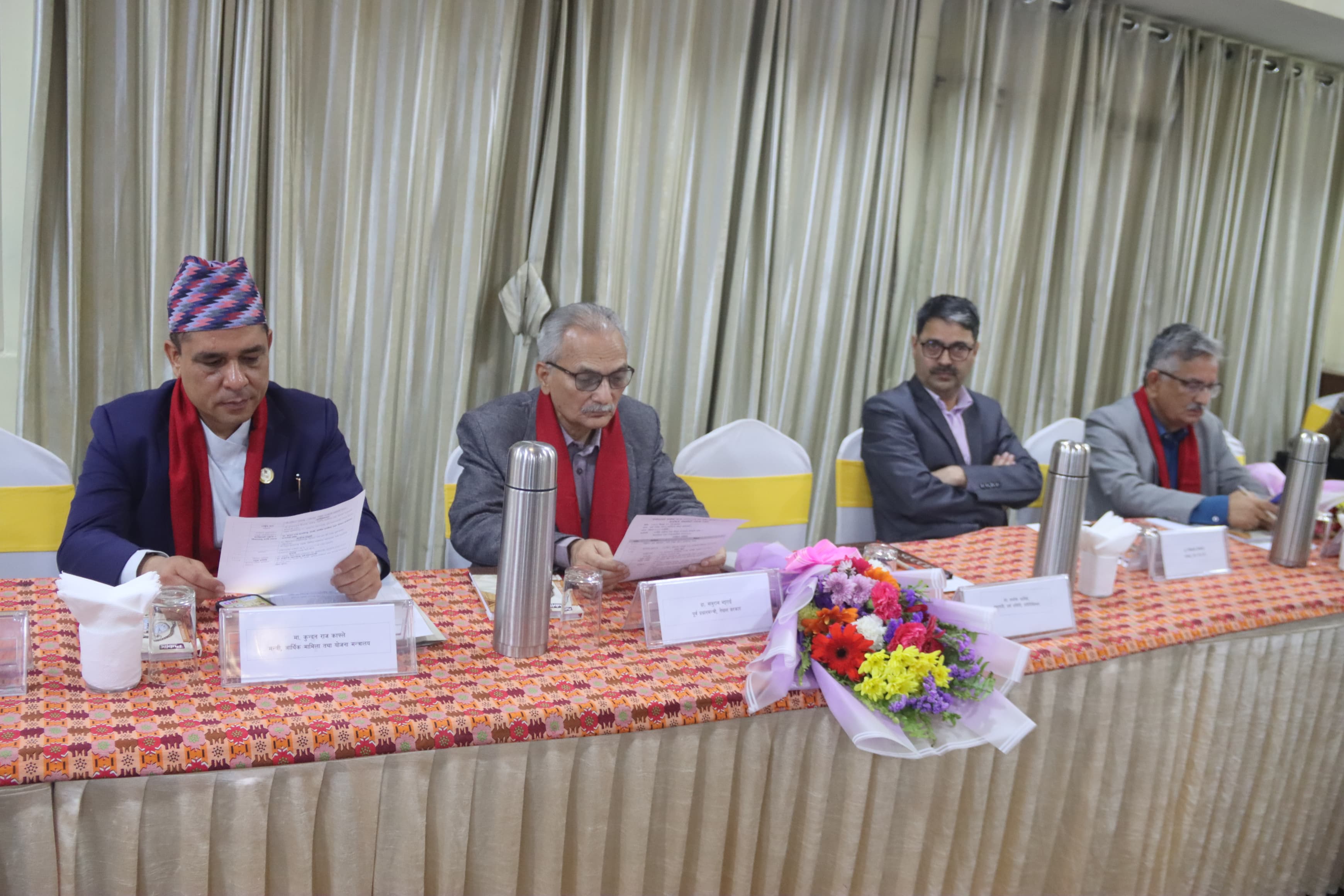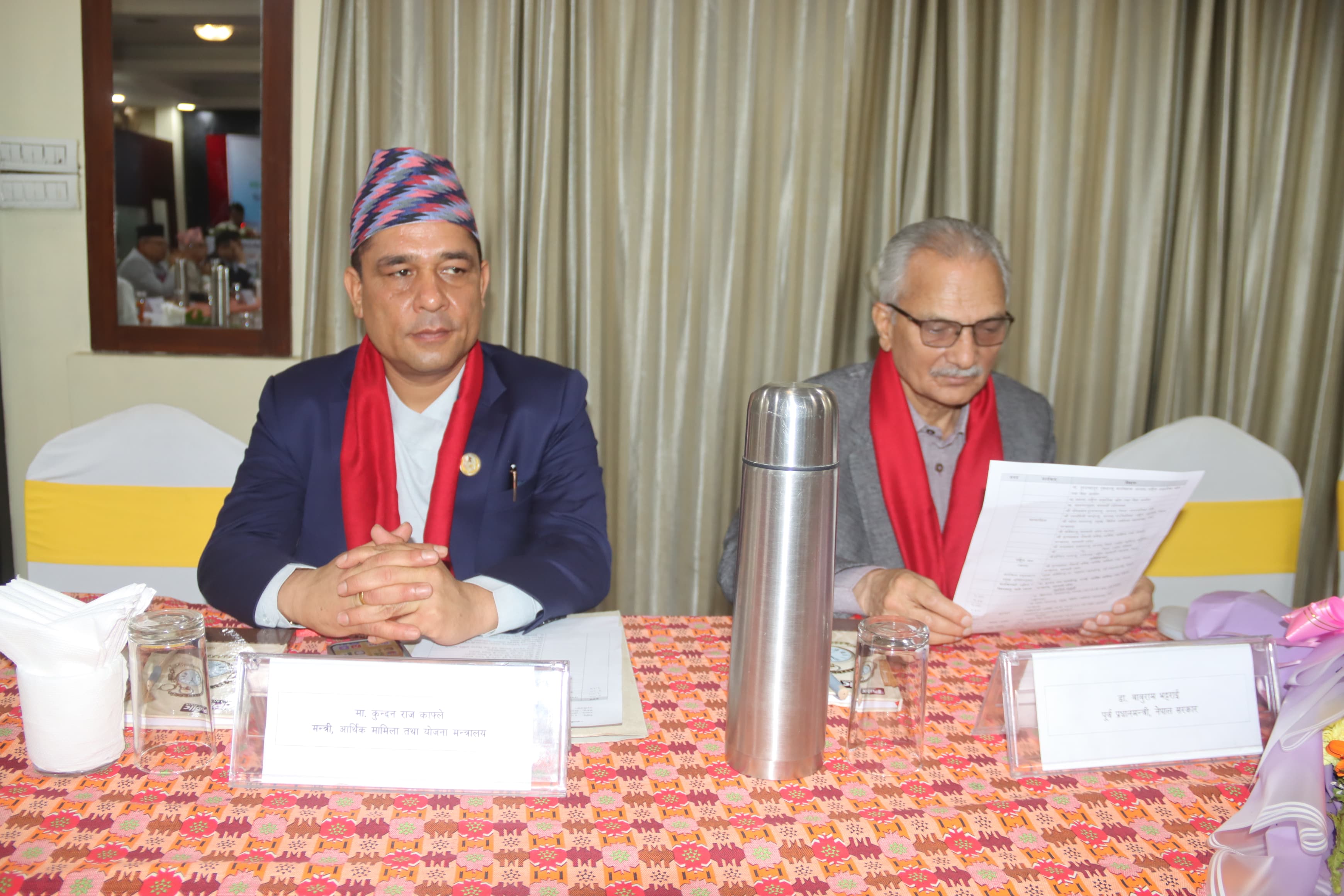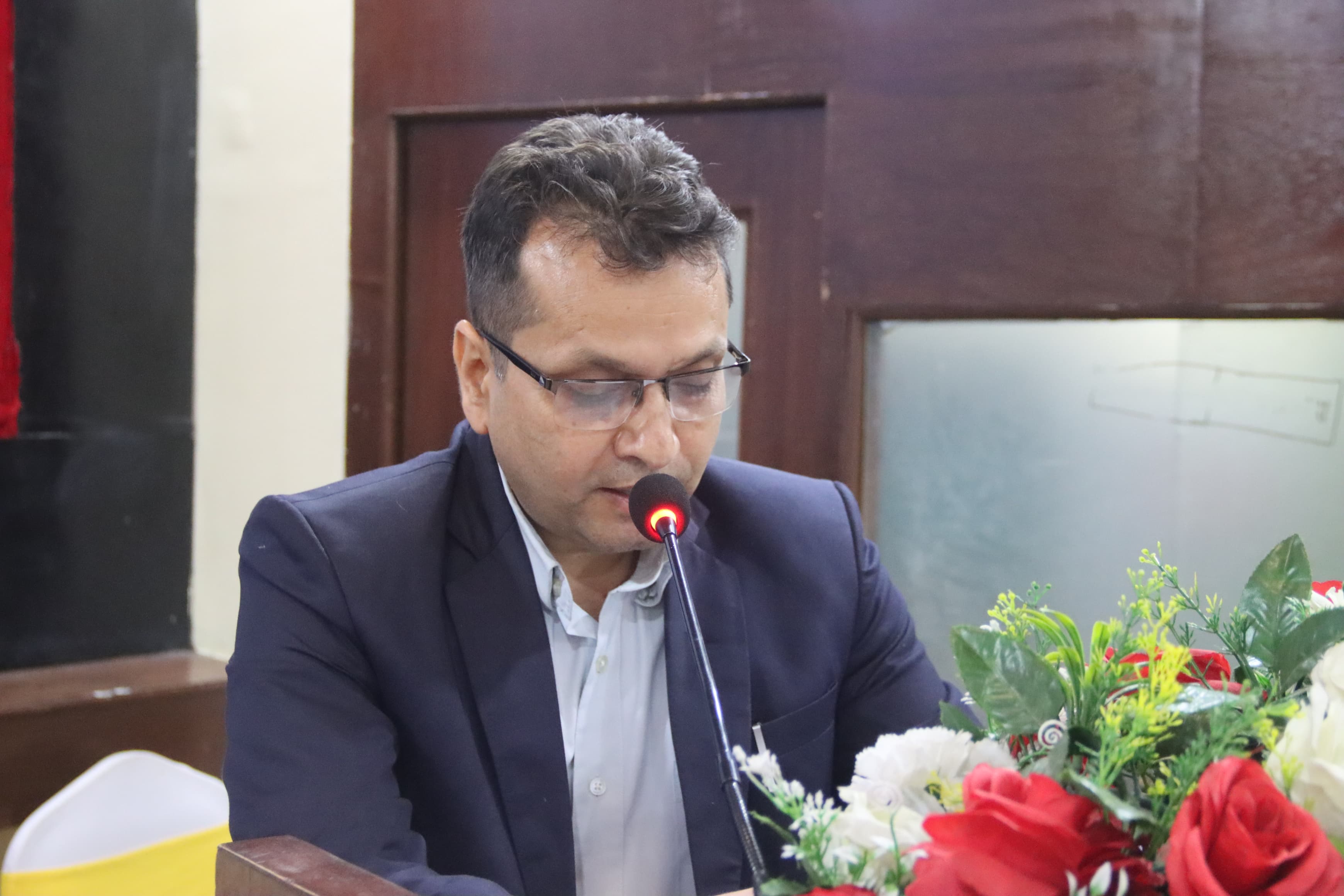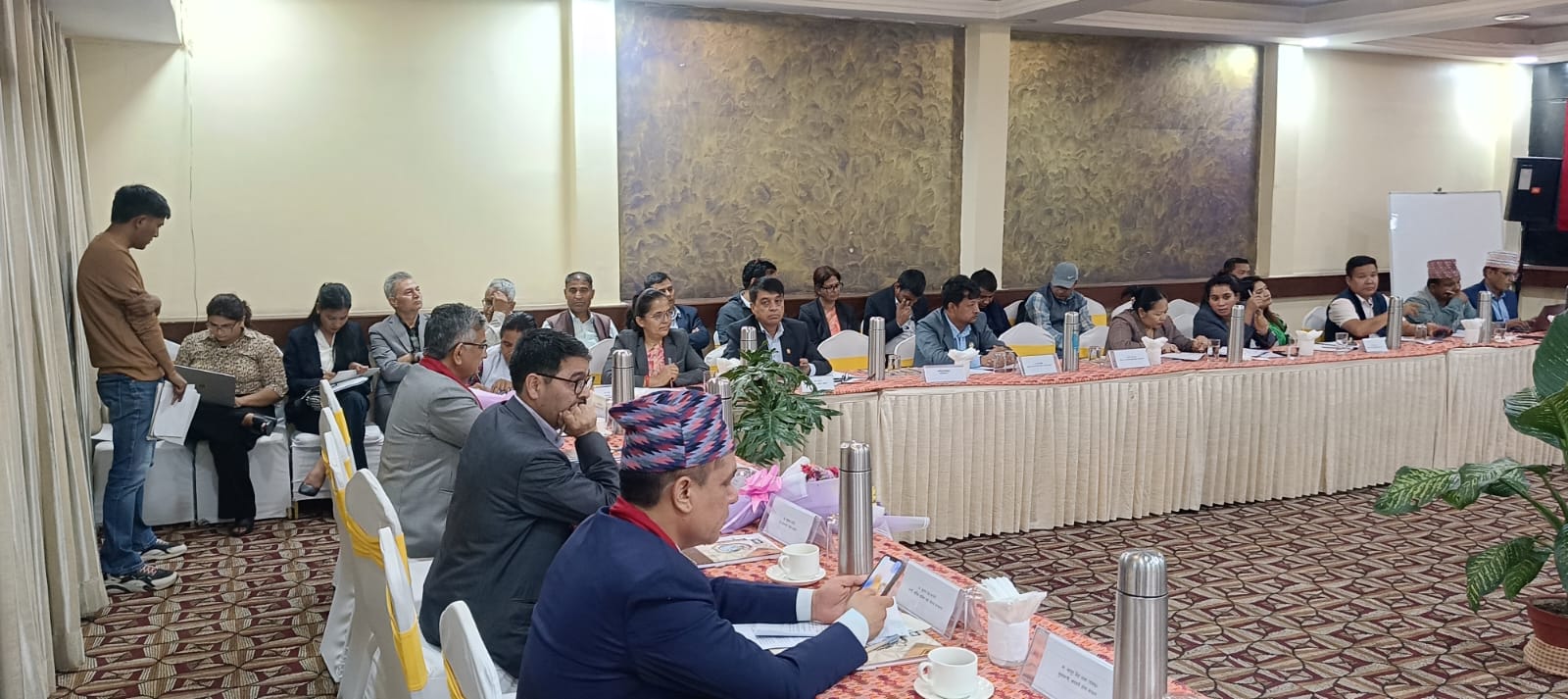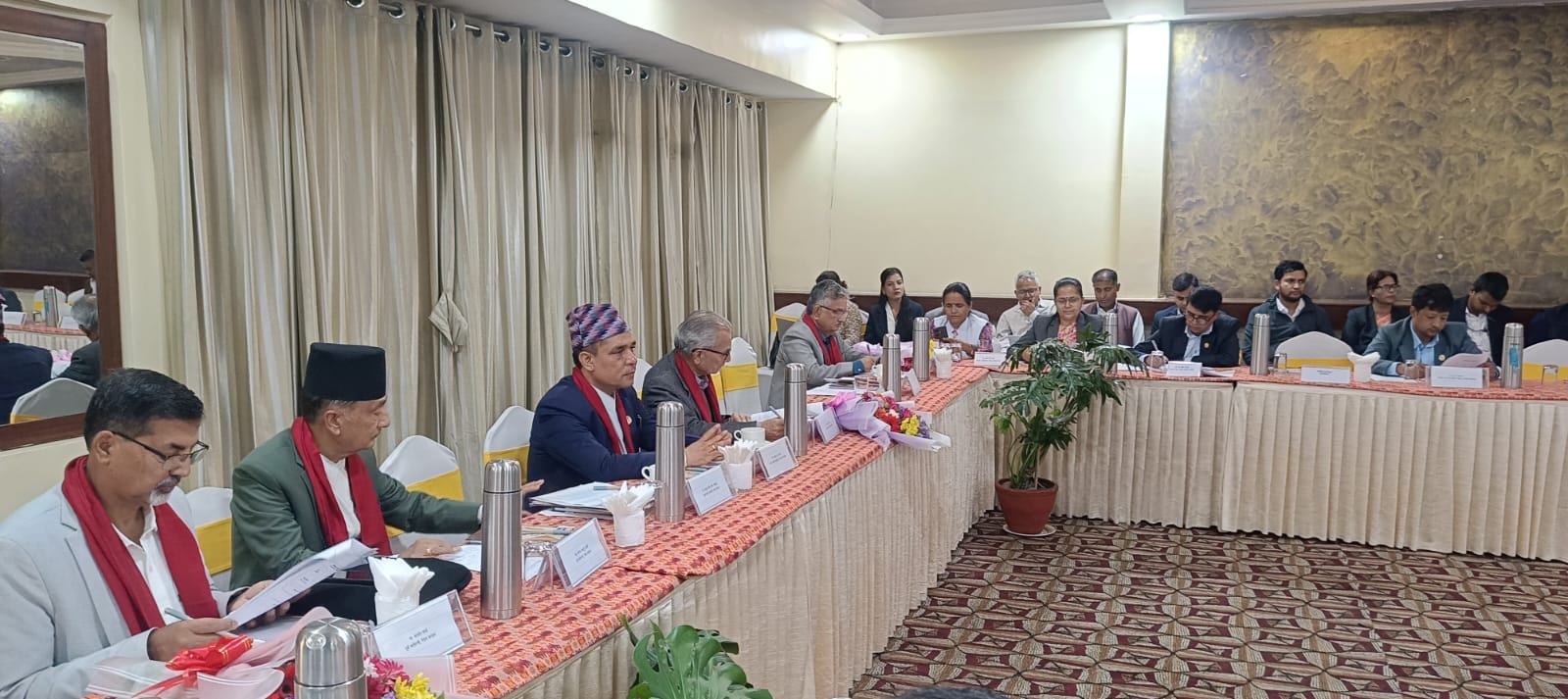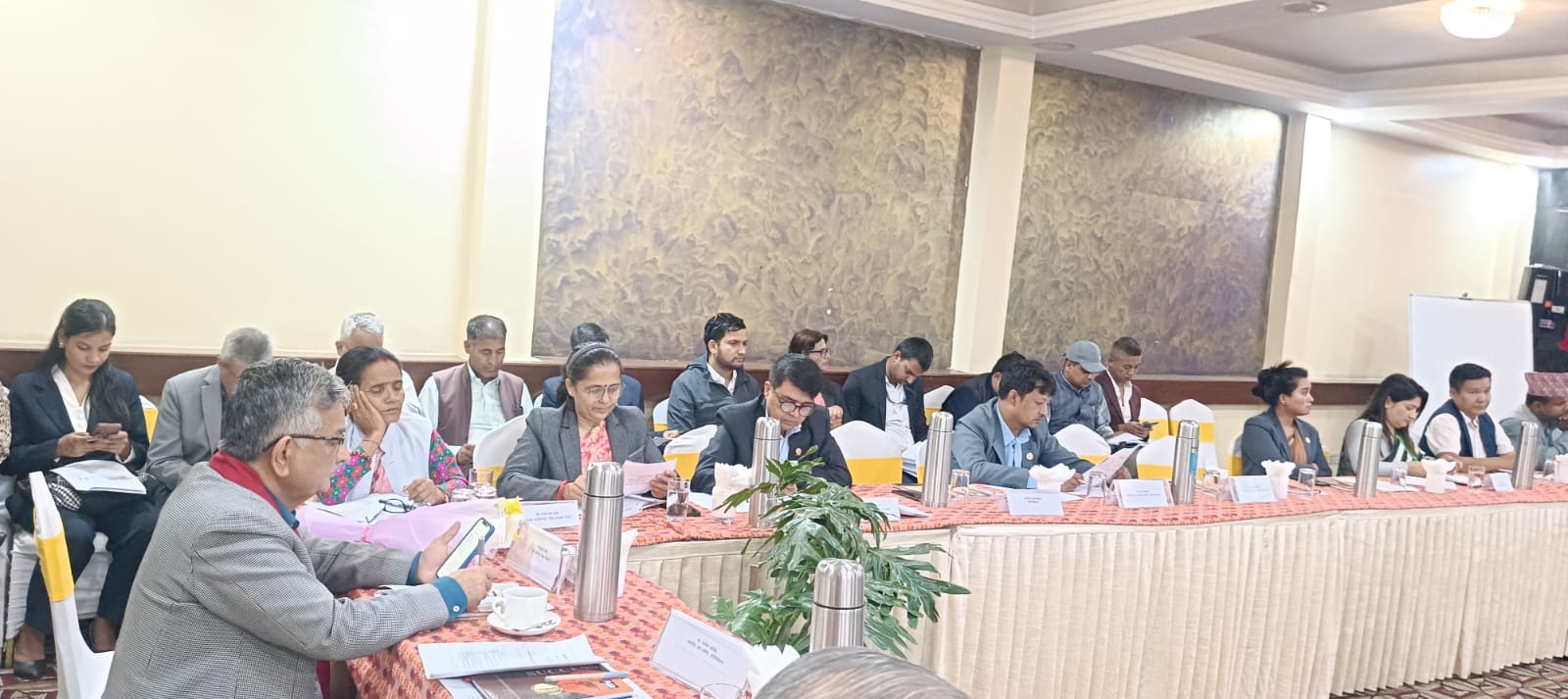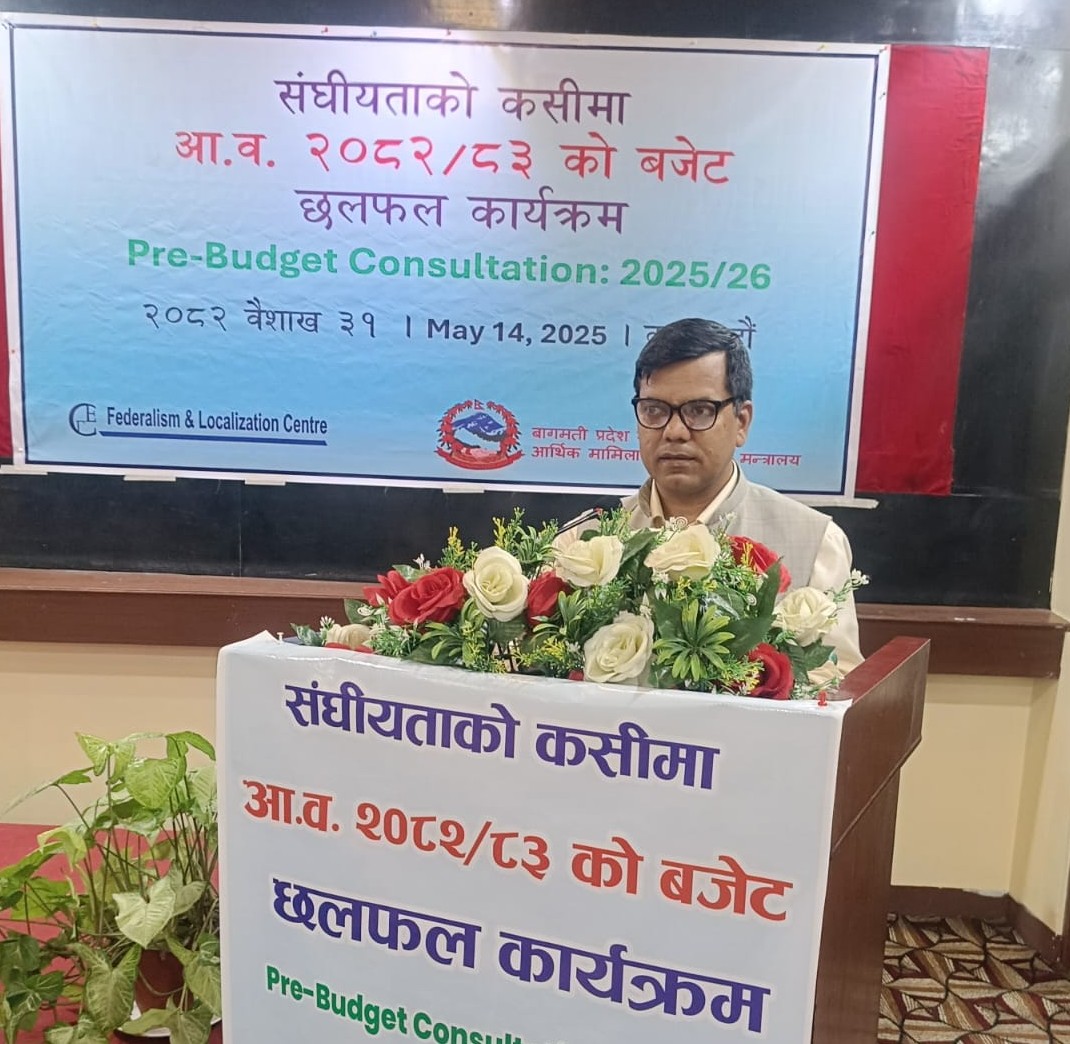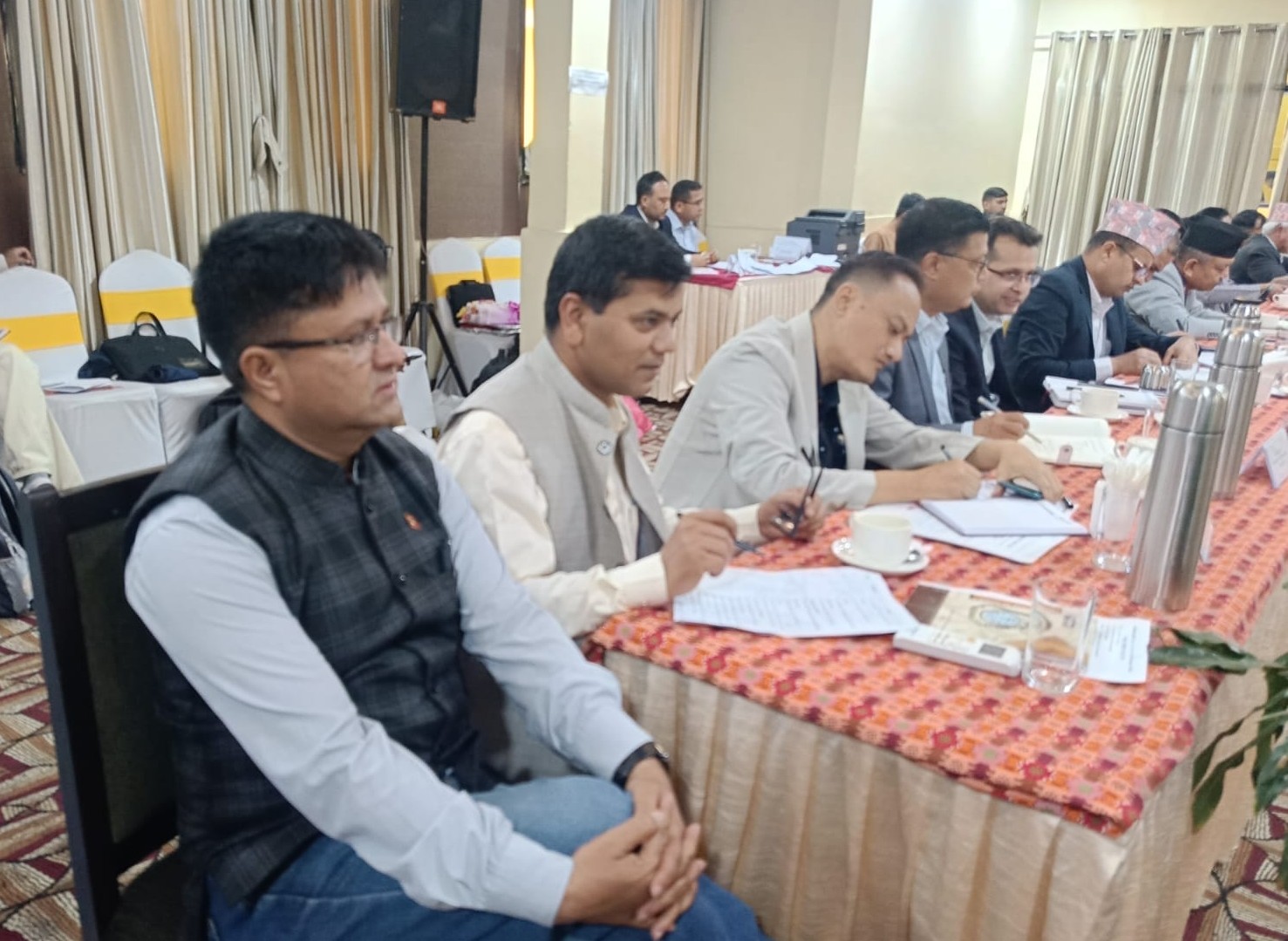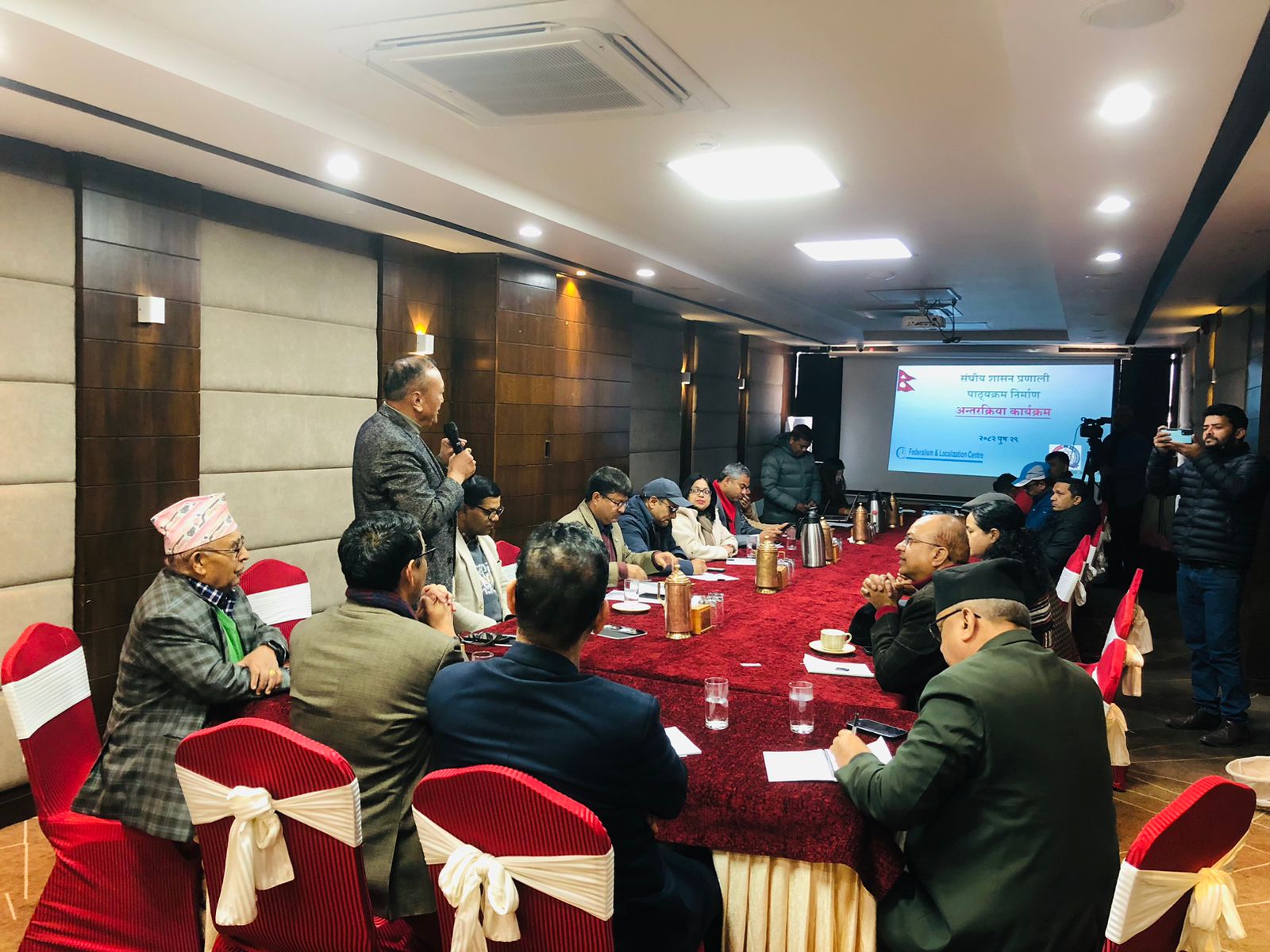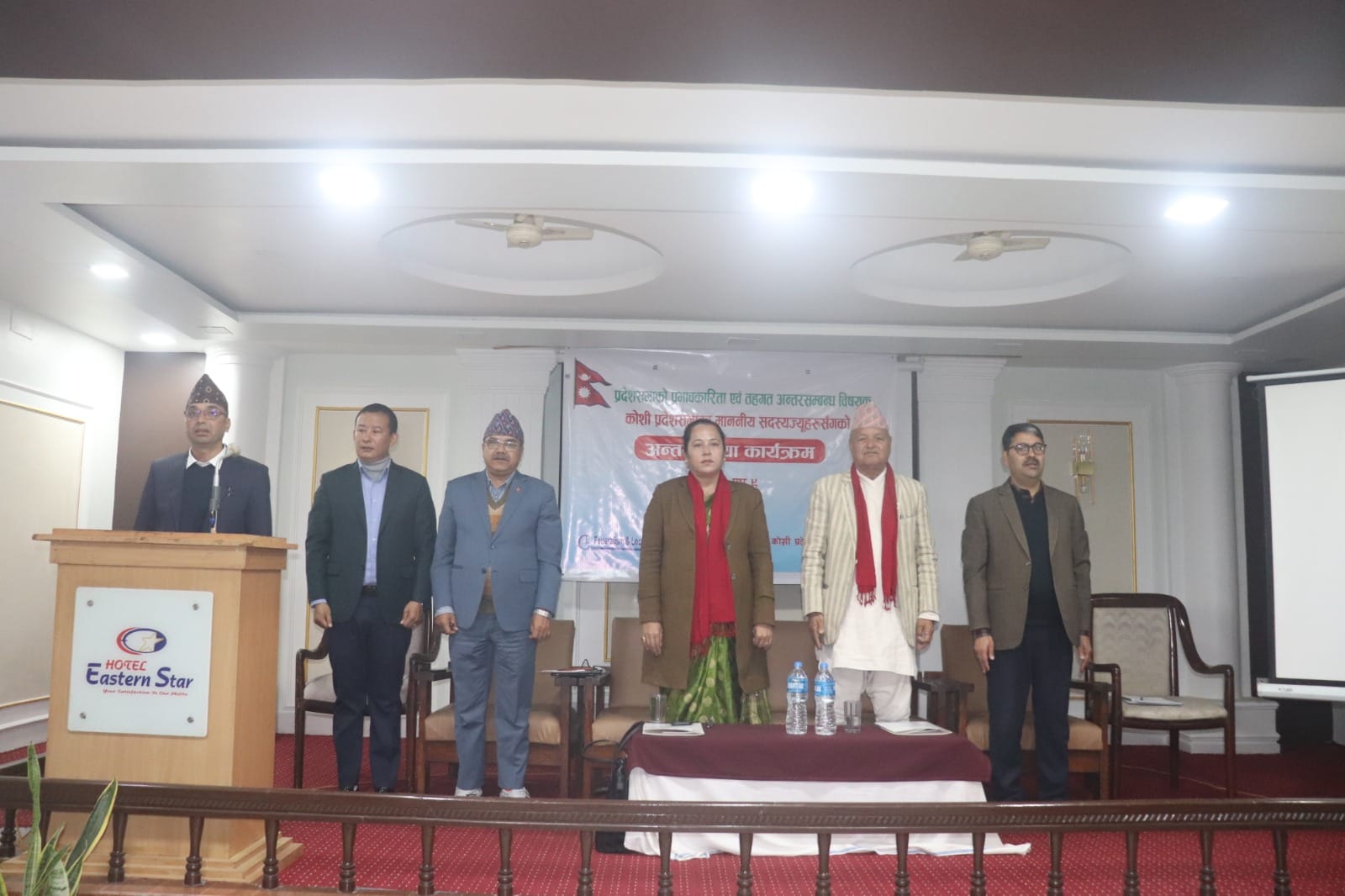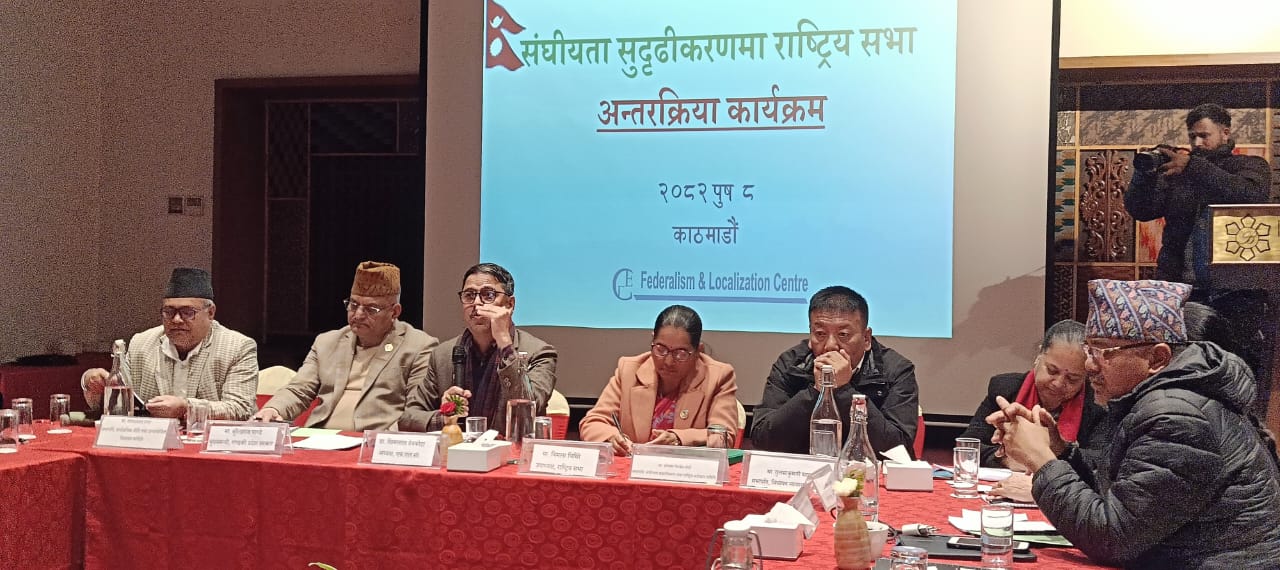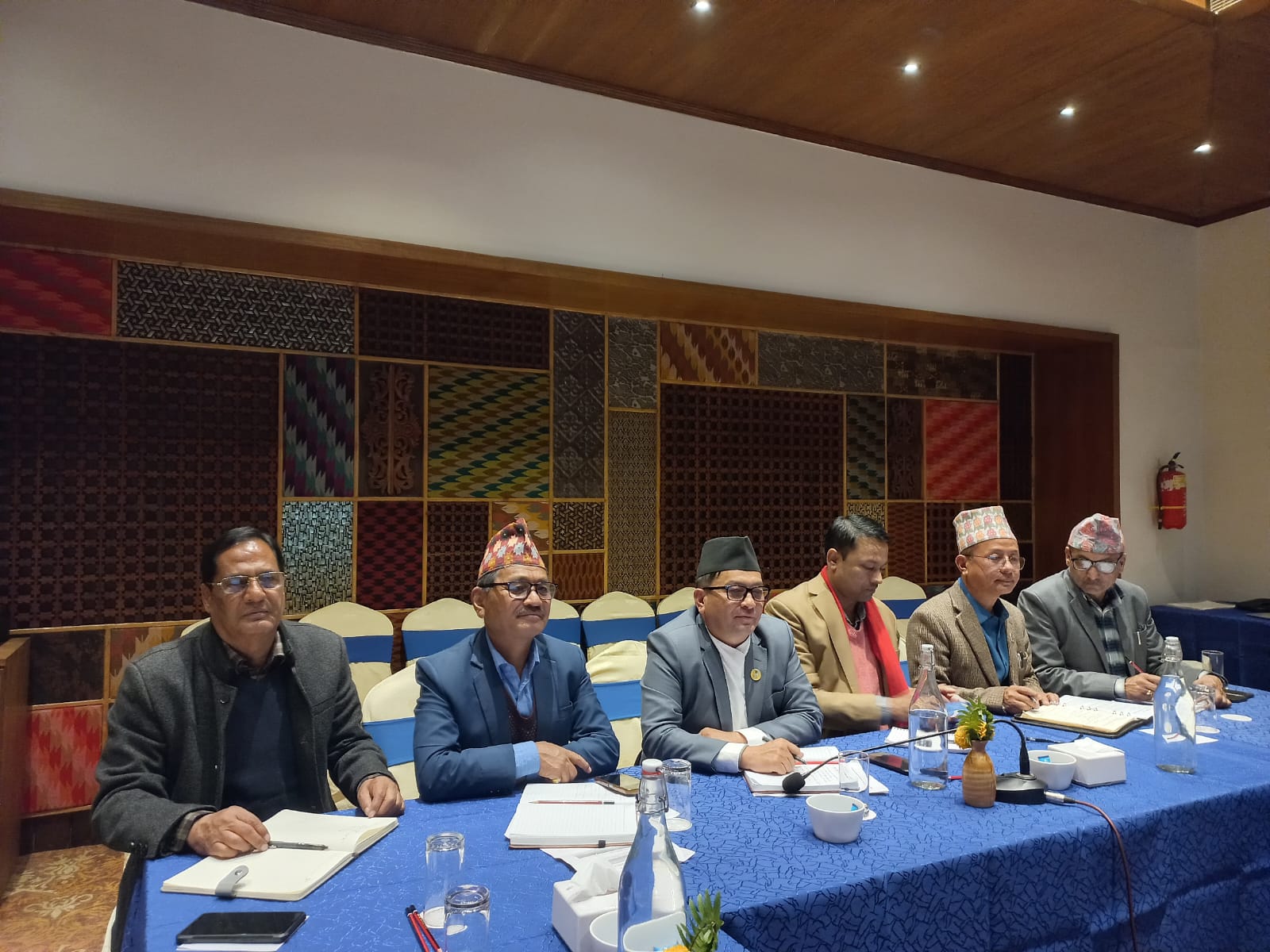Dialogue Details
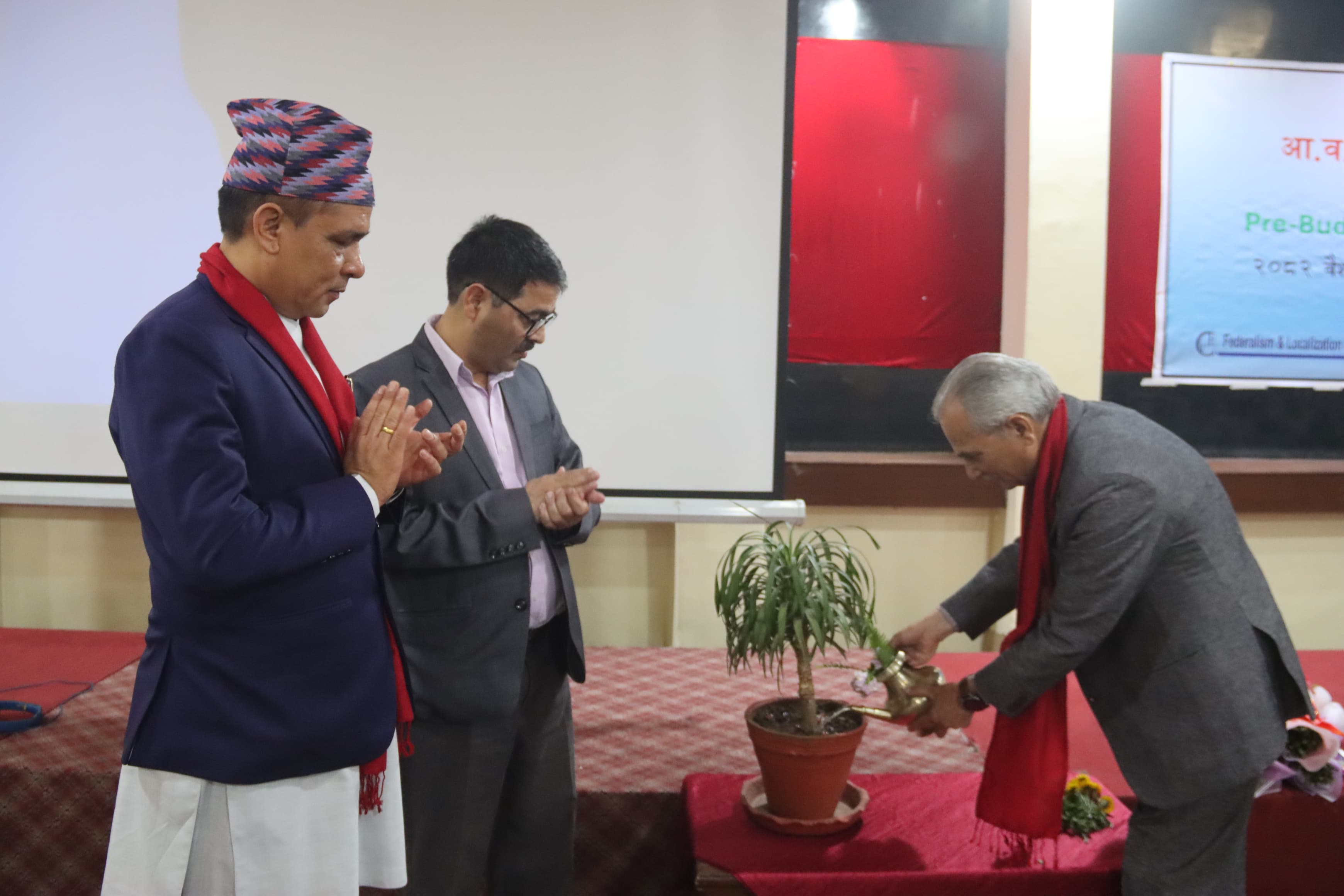
Pre-Budget Consultation: FY 2025/26
On May 14, 2025, in Kathmandu, the Federalism and Localization Center (FLC), in collaboration with the Ministry of Economic Affairs and Planning of Bagmati Province, successfully organized a pre-budget discussion program for Fiscal Year 2082/83 BS (2025/26). The event brought together a diverse and distinguished group of leaders and experts from across the political spectrum from all the tiers of government institutions and private sector, CSOs among others to share insights on federalism, budgetary priorities, and other key budget-related issues.
Prominent speakers included former Prime Minister and Finance Minister Dr. Baburam Bhattarai; Chief Minister of Bagmati Province Hon. Bahadur Singh Lama; Former Finance Ministers of three major political parties Hon. Gyanendra Bahadur Karki of Nepali Congress; Hon. Janardhan Sharma of Communist Party (Maoist) and Mr. Surendra Pandey of Communist Party (UML). Of these Hon. Gyanendra Bahadur Karki and Hon. Janardhan Sharma are House of Representatives. The program also featured Mr. Umesh Shrestha, former State Minister Government of Nepal (GoN) and Treasurer of Nepali Congress; and Hon. Kundan Kafle, Finance Minister of Bagmati Province; and Hon. Judda Bahadur Gurung, Acting Chairperson of the National Natural Resources and Fiscal Commission (NNRFC) and Bipin Raj Niraula, a member of NNRFC; and Nuraj Bajracharya, President of the Finance and Development Committee in Bagmati Provincial Assembly;
Also in attendance were Hon. Ganga Dutta Awasthi, Hon. Prakash Shrestha, and Hon. Gita Kumari Paudel from the National Planning Commission; Members of Parliament and secretaries from the Finance Committees of both the House of Representatives and the Bagmati Provincial Assembly; Mr. Mahesh Baral, Head of the Fiscal Federalism Division at the Ministry of Finance;
Ms. Laxmi Devi Pandey, Chairperson of the National Association of Rural Municipalities of Nepal (NARMIN) and representatives of other local governments. Mr. Chandra Prasad Dhakal, President of the Federation of Nepalese Chambers of Commerce and Industry (FNCCI); Indira Pant, Vice-Chairperson of the National Cooperative Federation of Nepal; and Senior officials from the Government of Nepal, the Federal Parliament, and the Bagmati Provincial Government – including the Finance Secretary and other secretaries – along with representatives from development partners, civil society members, media personnel, and others, also participated in the event.
Key Highlights of the Event
Dr. Baburam Bhattarai emphasized that federalism is essential for Nepal’s growth and development. He argued that the geographic basis for federalism has undermined its effectiveness and suggested that an ethnicity-based model might have yielded better results.
Hon. Bahadur Singh Lama, criticized the federal government for failing to devolve sufficient power and resources to provinces. He remarked that under the current fiscal arrangement, provinces are limited to minor infrastructure works like roads, temples, and fences—and even these are constrained by limited budgets. He challenged the federal government, stating, “If you think we demand more, then let us govern industries and economic activities.”
Hon. Gyanendra Bahadur Karki noted that federalism is widely perceived as a burden rather than a tool for development. “This perception must change through sound plans and policies,” he stated.
Hon. Janardan Sharma lamented that provinces have not received their full constitutional rights. He pointed out that necessary laws have not been enacted and even the rights currently granted are not being fully transferred.
Mr. Surendra Pandey took a different stance, arguing that federalism has partially achieved its core objective—ensuring inclusion. He emphasized that federalism was not intended for economic development, and its perceived economic shortcomings should not be used to undermine it. “We focused too much on what we want, rather than assessing what we have and where we are,” he added.
Mr. Umesh Shrestha critiqued the legal and mental frameworks that hinder development. He called for better identification and use of local resources and urged all tiers of government to focus on their competitive advantages.
Hon. Kundan Raj Kafle closed the event by reaffirming the province’s demand for greater autonomy and resources. He stated that if provided with adequate means, Bagmati is even prepared to pay royalties to the federal government.
Hon. Juddha Bahadur Gurung emphasized the potential of localized development. Using the example of Nepal’s rich mineral deposits used in glass production, he noted the contradiction of importing glass from over 40 countries despite abundant local resources.
Hon. Ganga Dutta Awasthi added that unless the three Fs—functions, finance, and functionaries—are properly aligned, federalism will continue to struggle. Hon. Geeta Kumari Paudel Adhikari supported Moktan’s view, stressing the importance of revenue generation for federalism to work.
Nuraj Bajracharya acknowledged his party's ideological skepticism toward federalism. However, he challenged proponents to demonstrate that federalism drives development: “Show us the link between federalism and development, and we will support it.”
Hon. Guna Raj Moktan advocated for clear milestones in budgeting to ensure federalism succeeds. She stressed the need to harness internal resources and diversify revenue streams.
Laxmi Pandey complained that local governments often do not receive their entitled budgets, and equalization grants are frequently delayed and ineffective.
Responding to concerns about budget allocation, Mahesh Baral acknowledged that while the federal government holds a larger share of the budget, it also bears larger responsibilities. Citing the recent teachers’ protests, he indicated that federal expenditures are likely to rise. However, he affirmed the principle of subsidiarity, arguing that development work should ideally be executed by provincial and local governments, for which enabling conditions must be created.
Mr. Chandra Prasad Dhakal criticized the imbalance in the current federal discourse. “Federalism is about revenue redistribution, but we ignore where that revenue comes from,” he said. He called for policies that support private sector investment and warned against demonizing profit-making entities. “Taxpayers should be respected, not vilified.”
Ms. Indira Pant expressed disappointment that senior figures focused more on political critiques than on budget specifics. She supported Dhakal’s call to grow the revenue pie rather than just redistribute it.
Dr. Khim Lal Devkota, Chairperson of FLC, delivered an evidence-based presentation comparing budget allocations in both unitary and federal systems. His analysis laid the groundwork for the panel discussion.
The event primarily revolved around key considerations for the upcoming federal budget, particularly the roles and responsibilities of provincial and local governments in Nepal’s federal structure.
The session was facilitated by Mr. Prakash Pantha, Executive Director of FLC, and the event report was prepared by Mr. Mohd Ayub and Prahlad Lamichhane.
